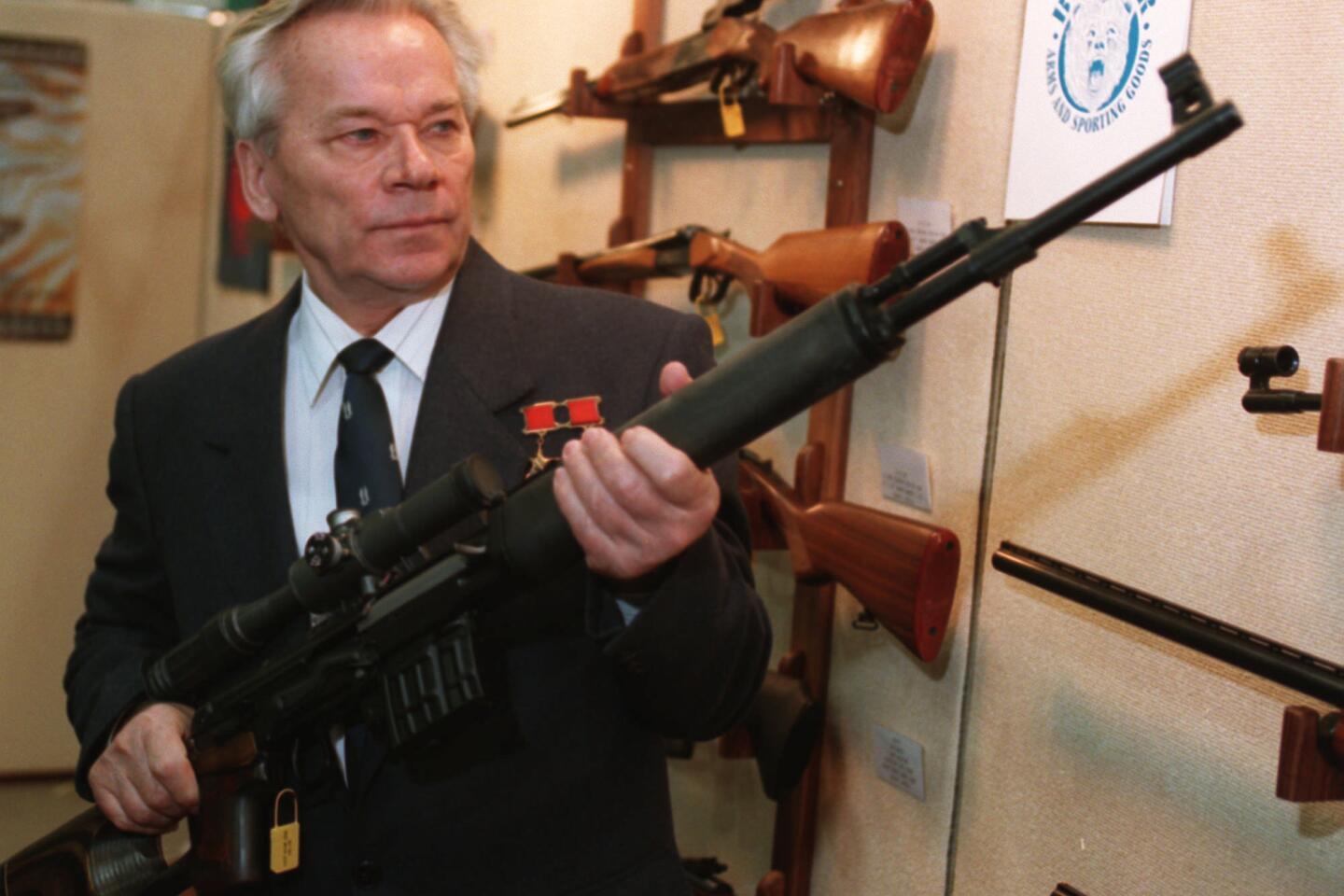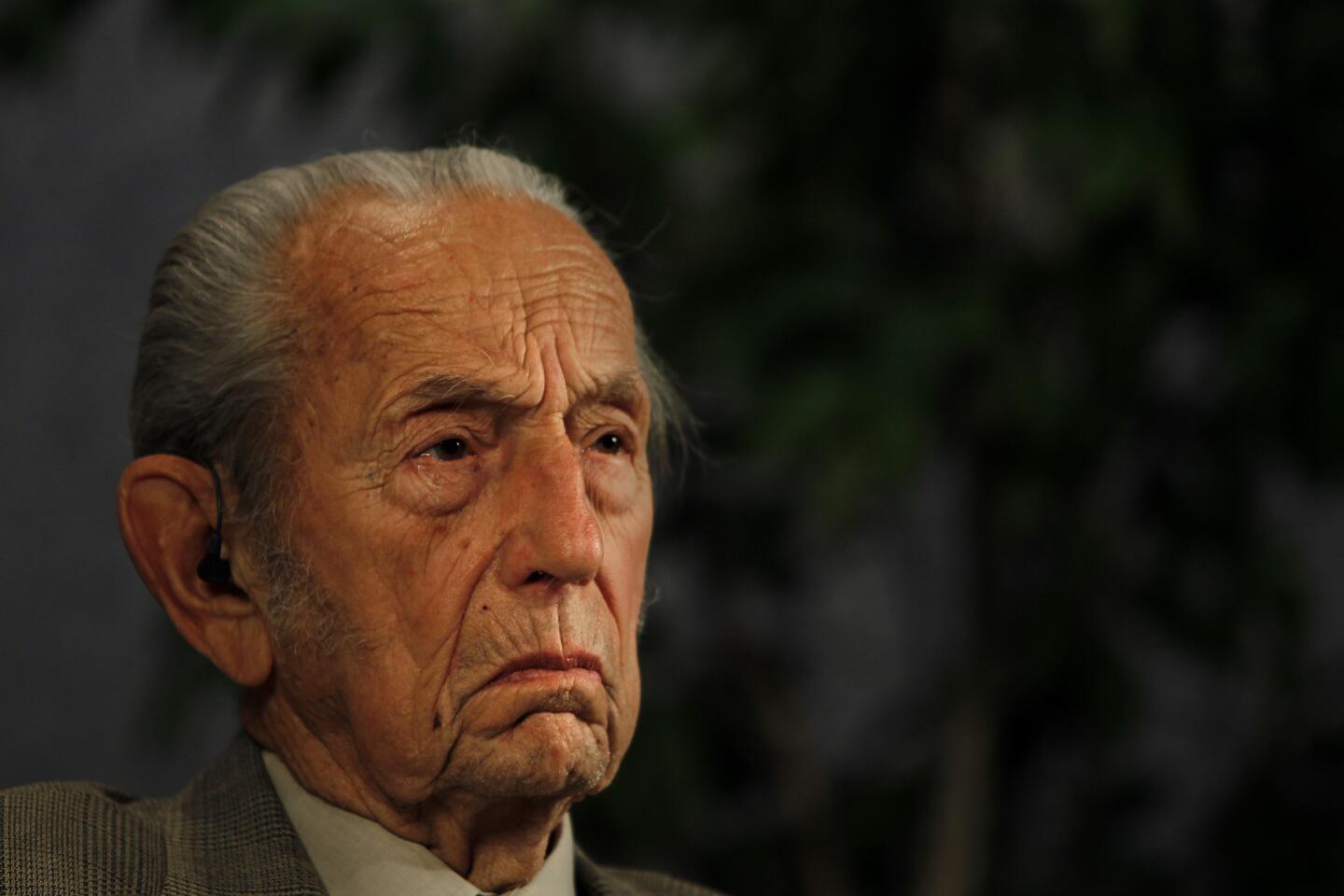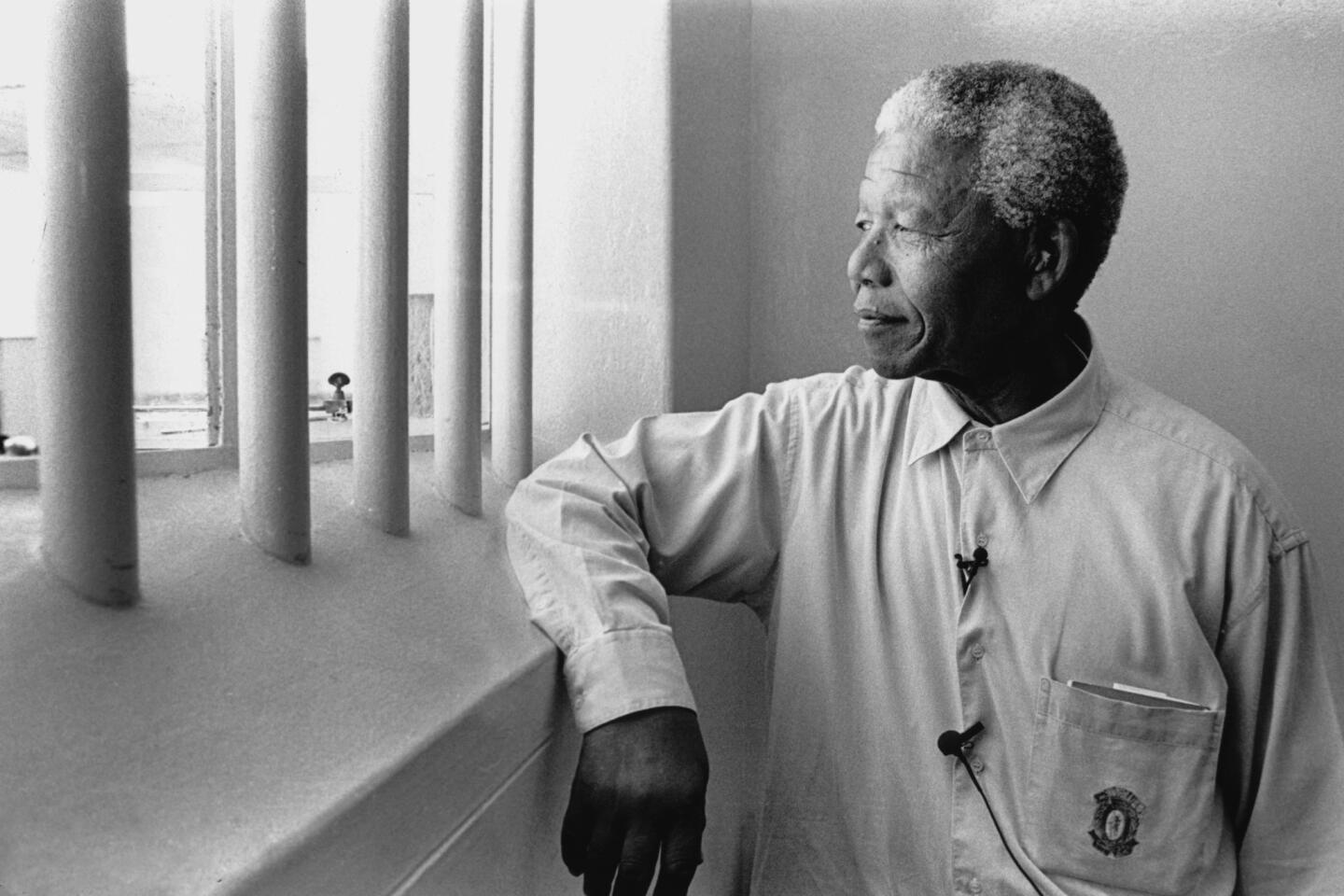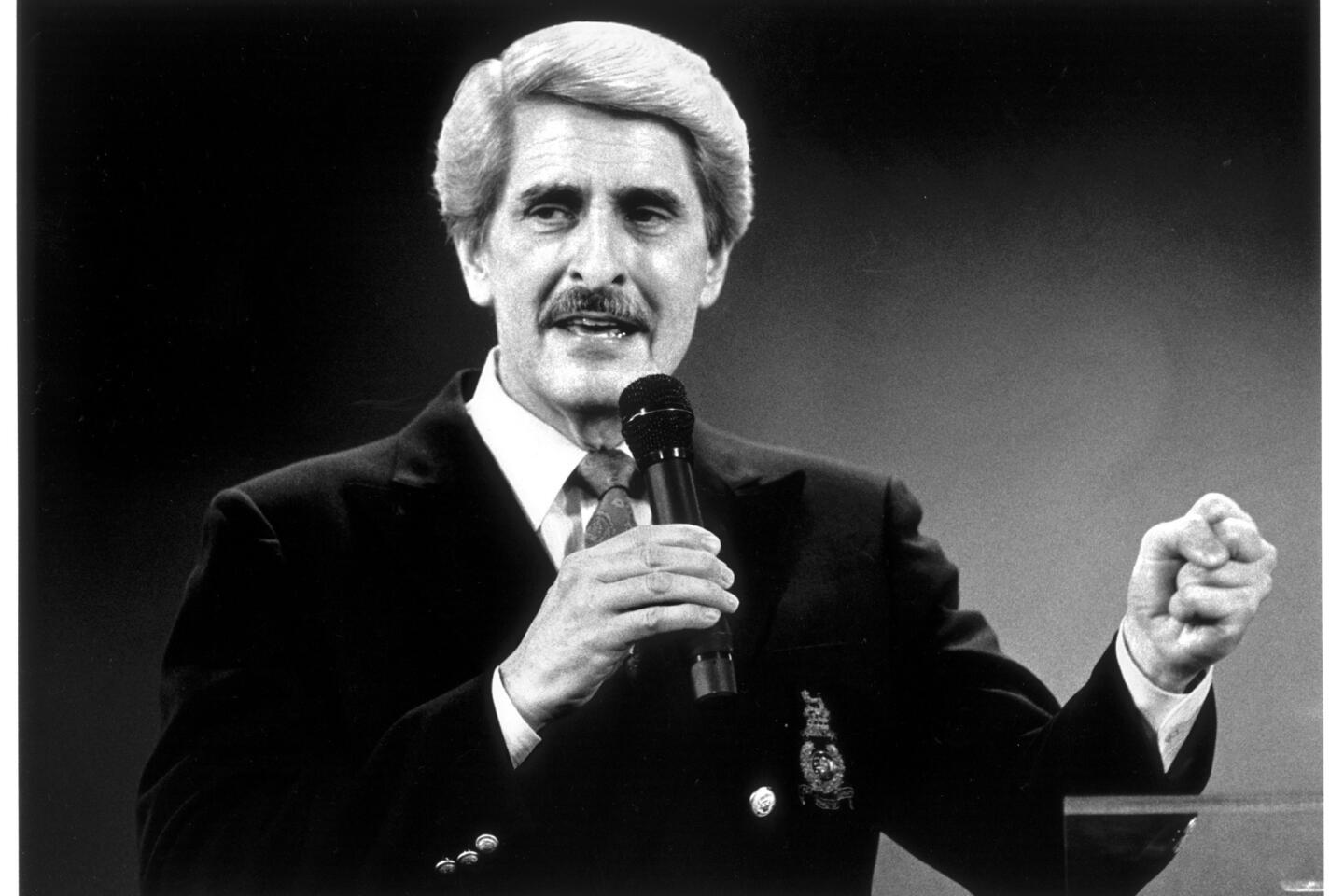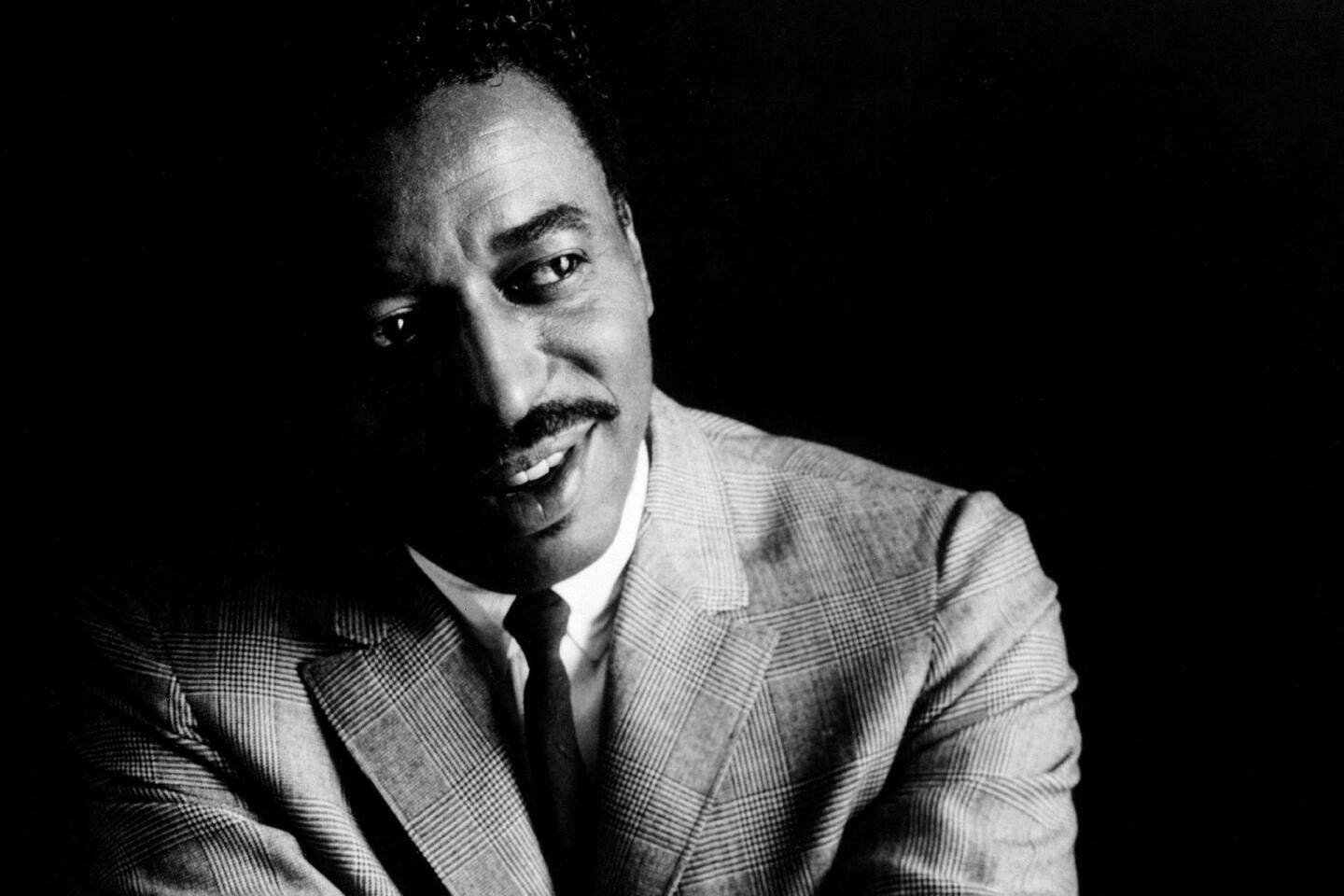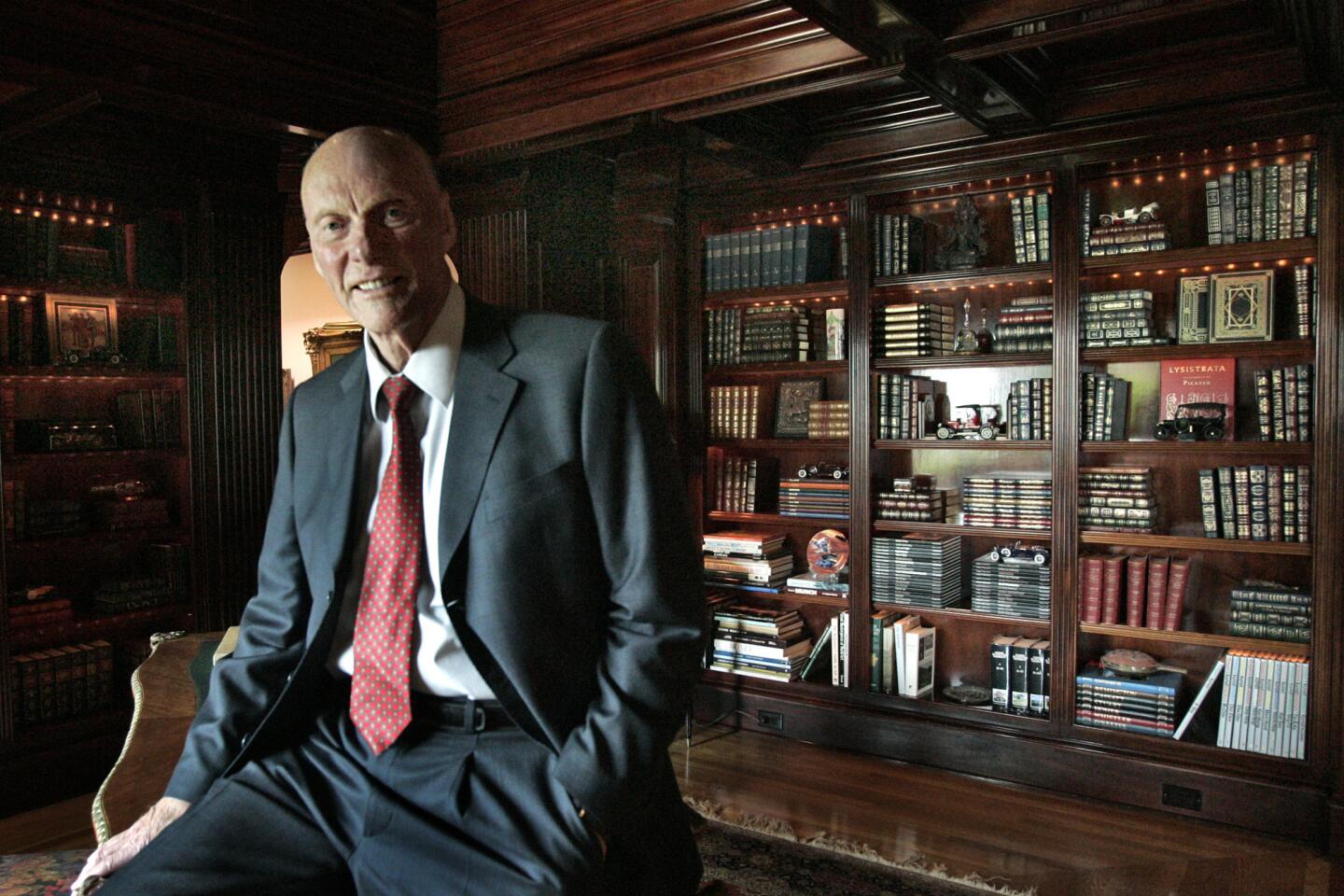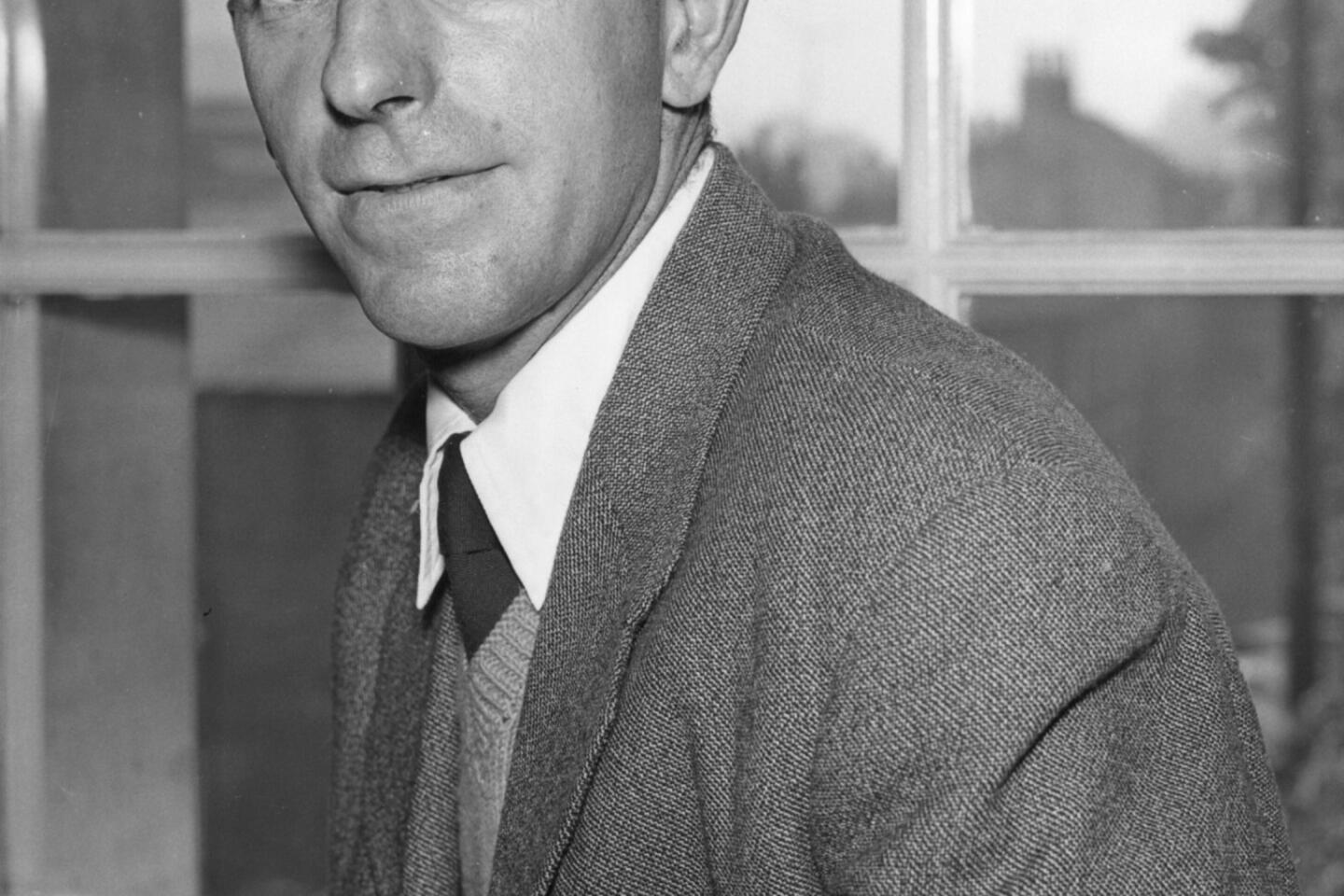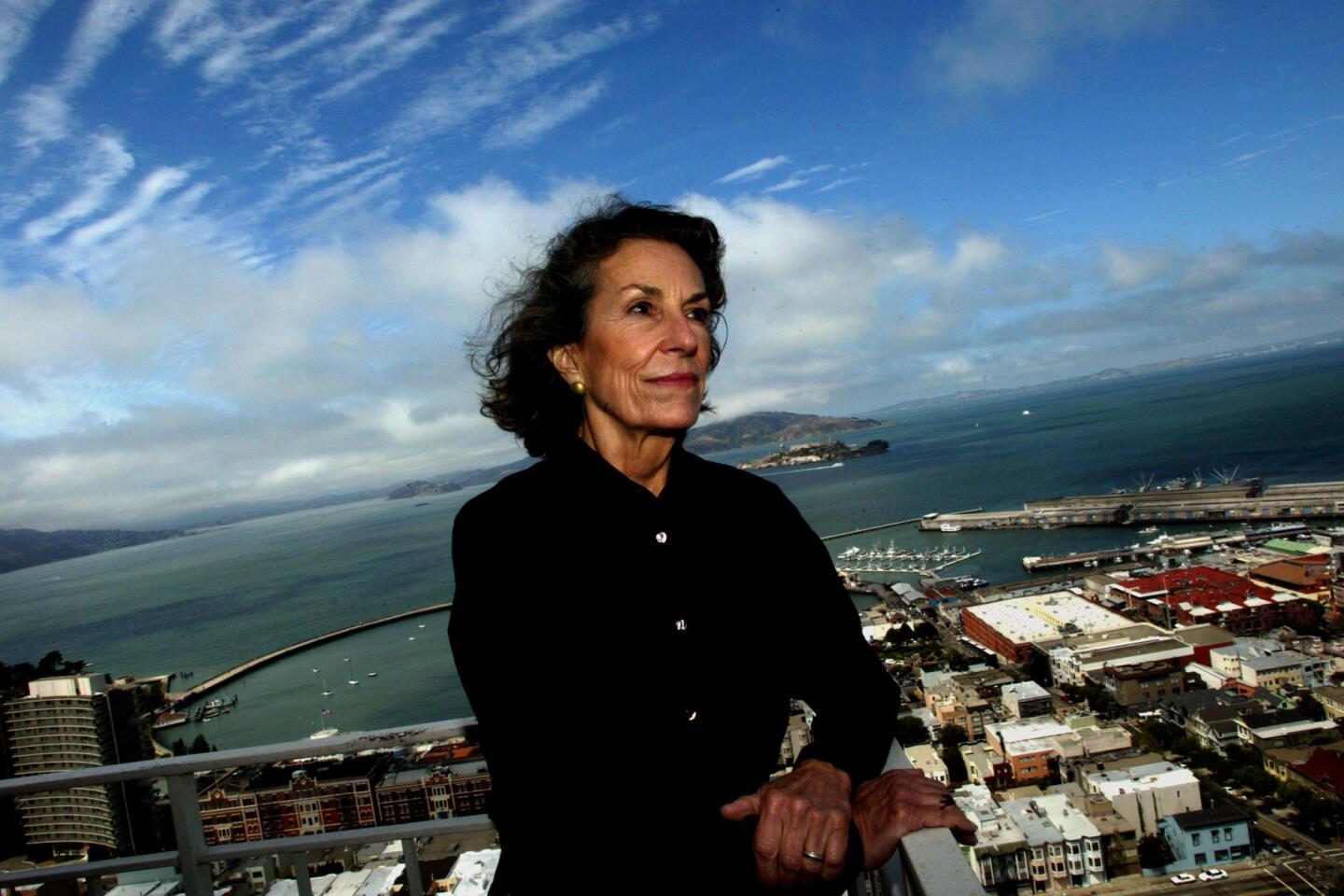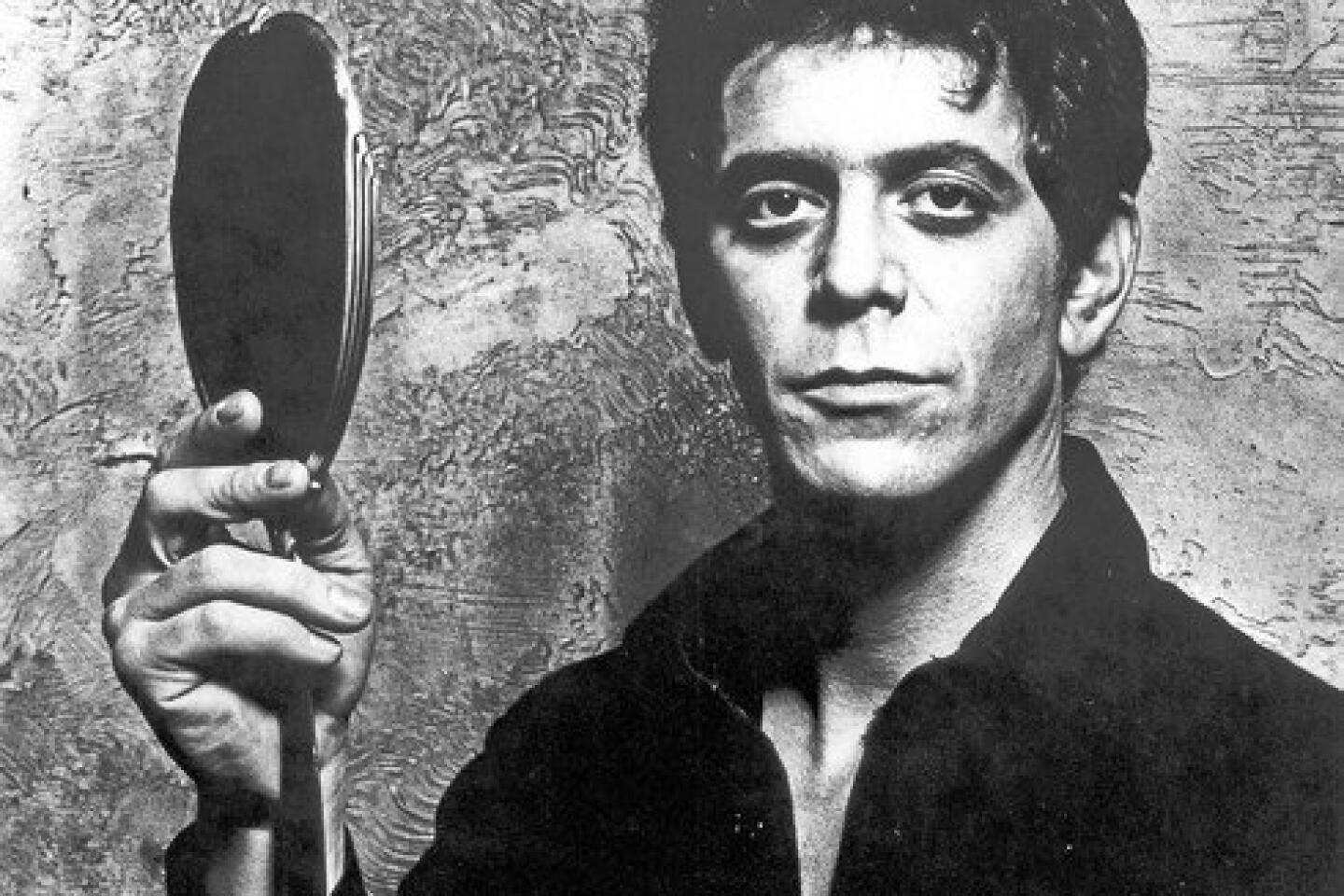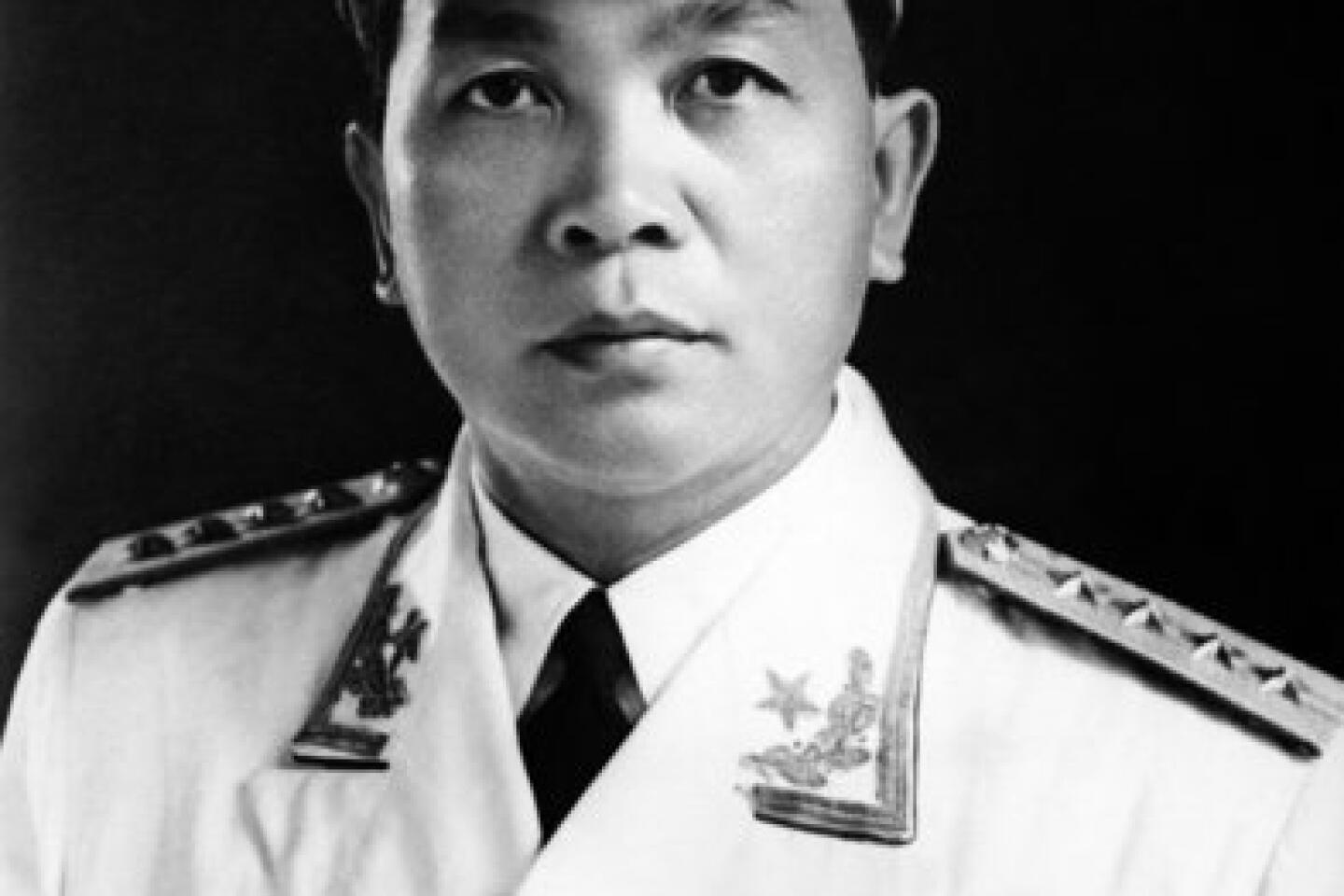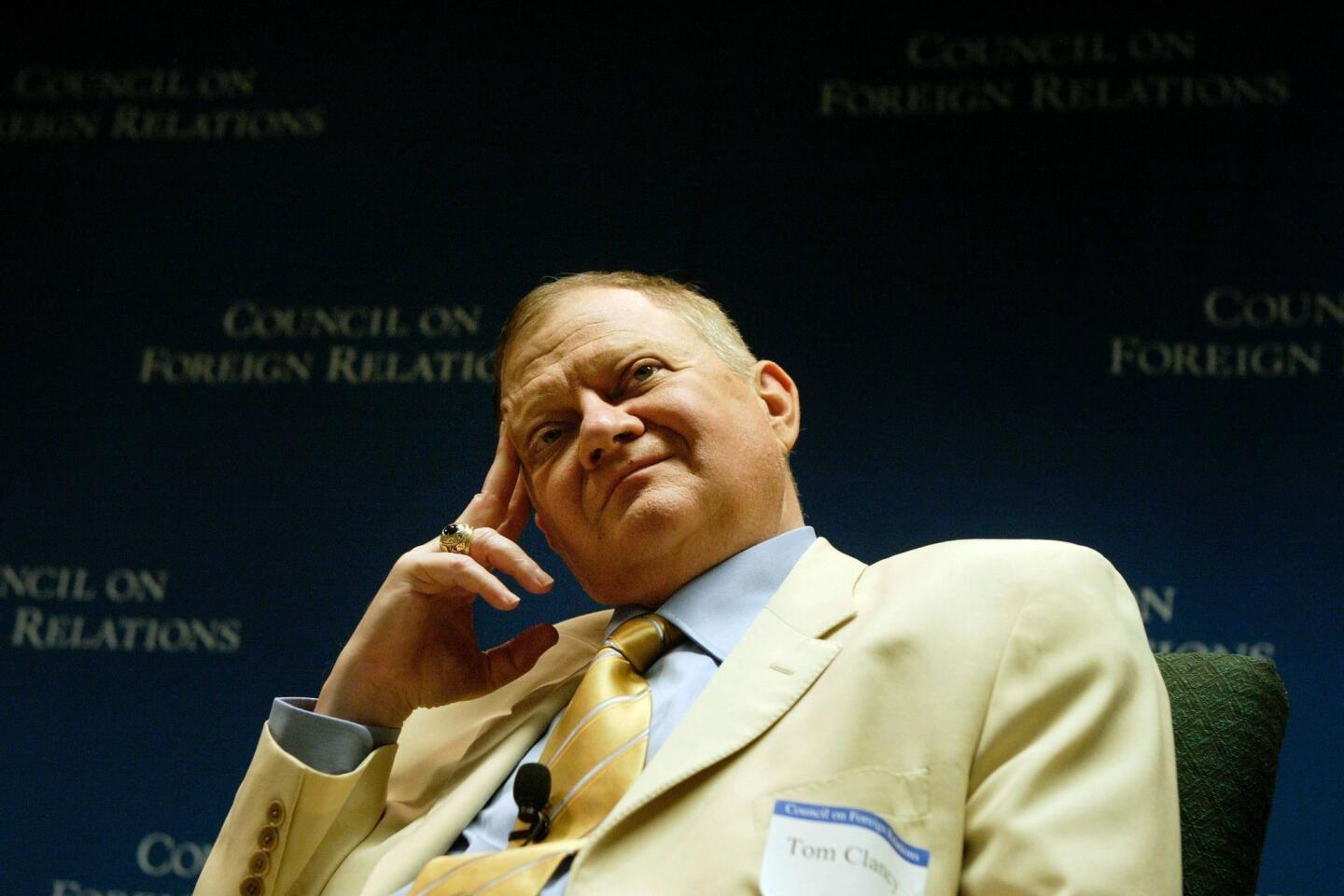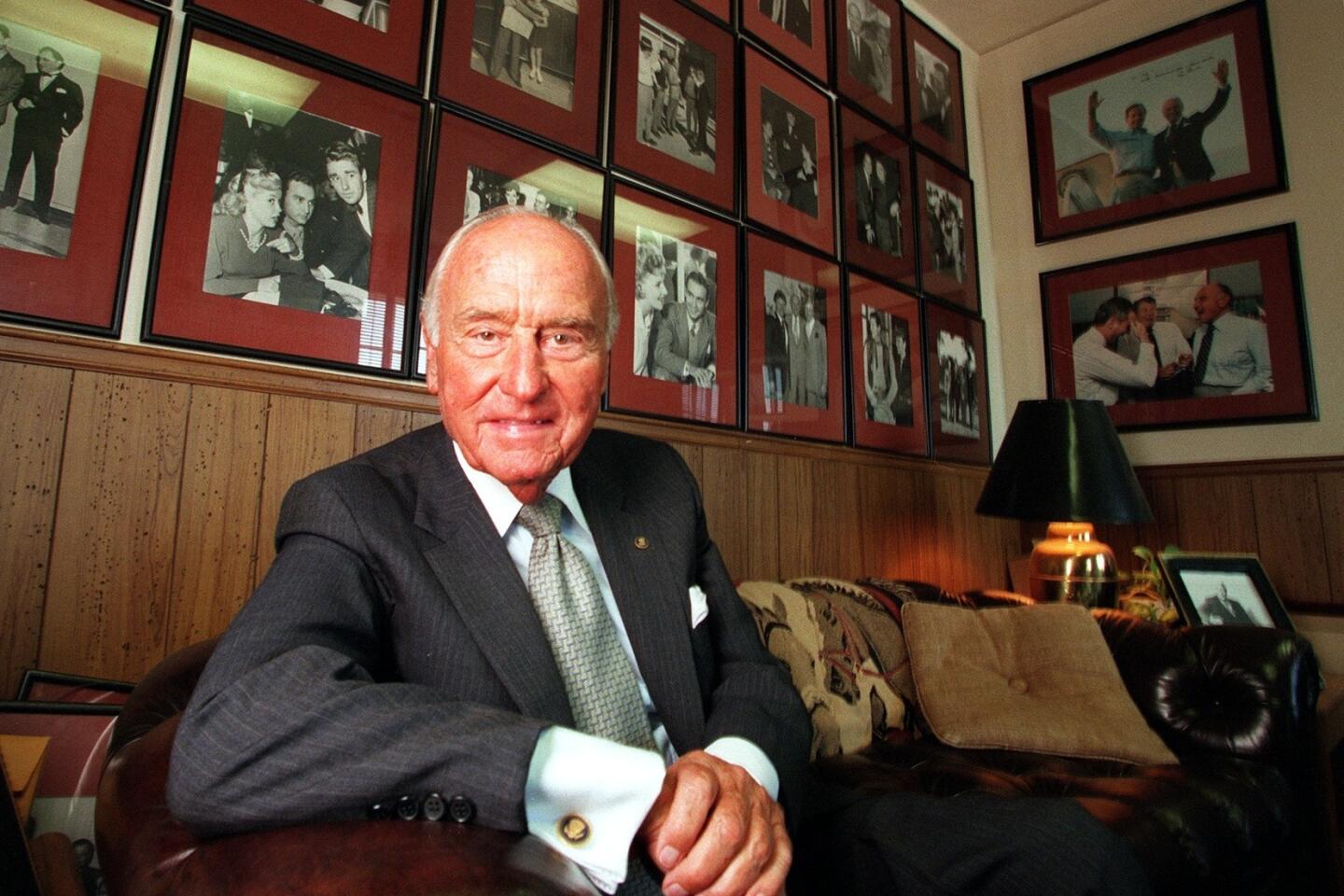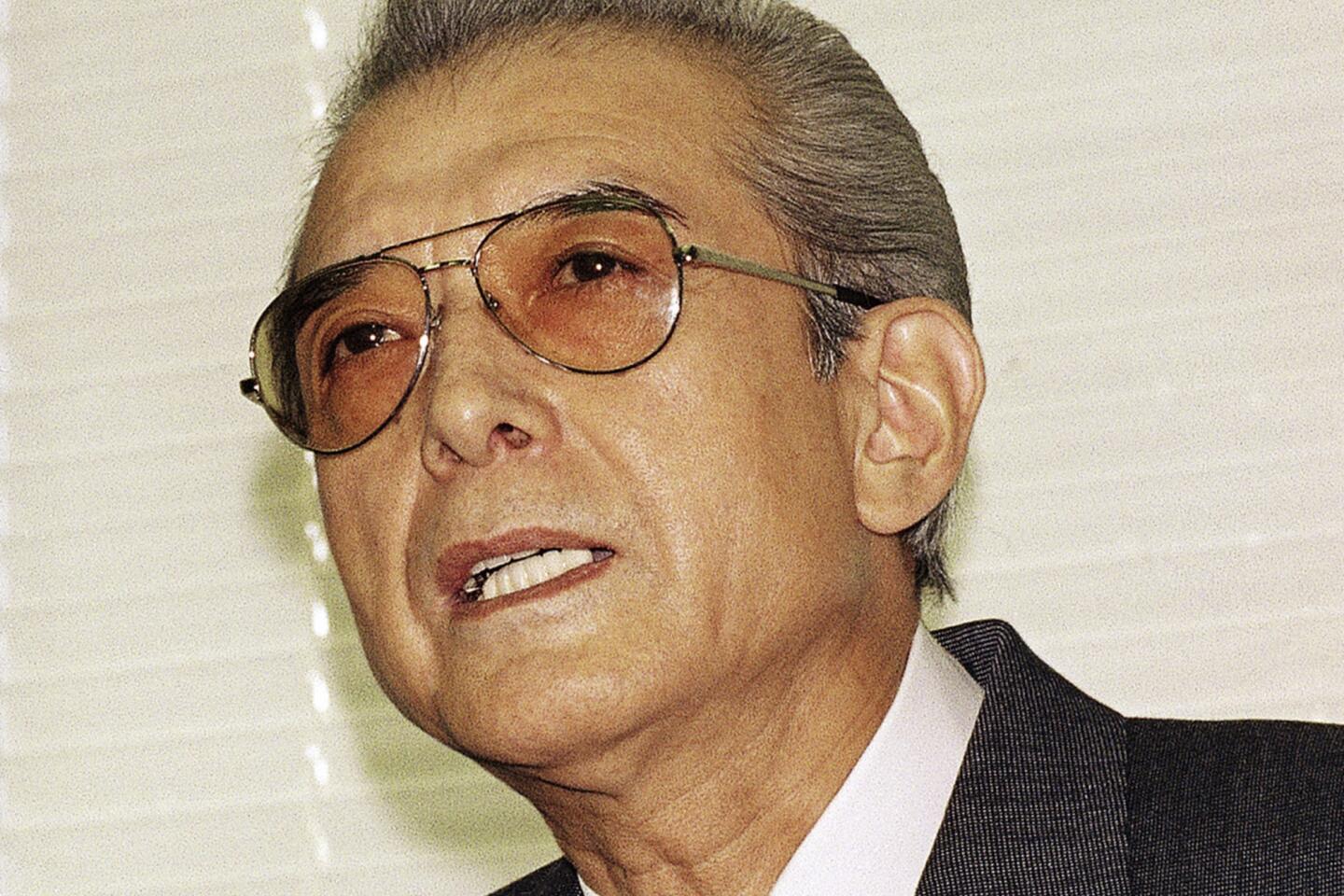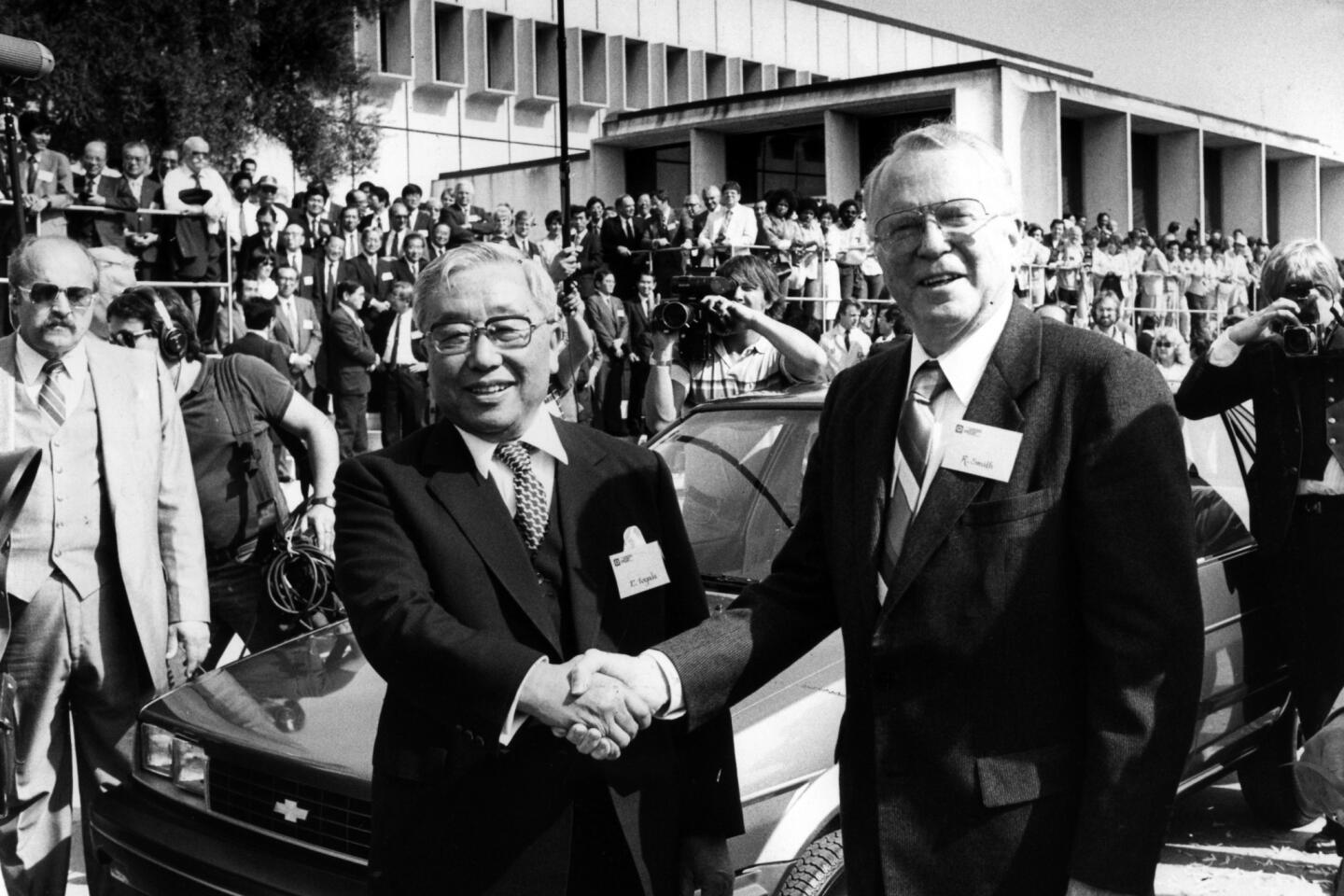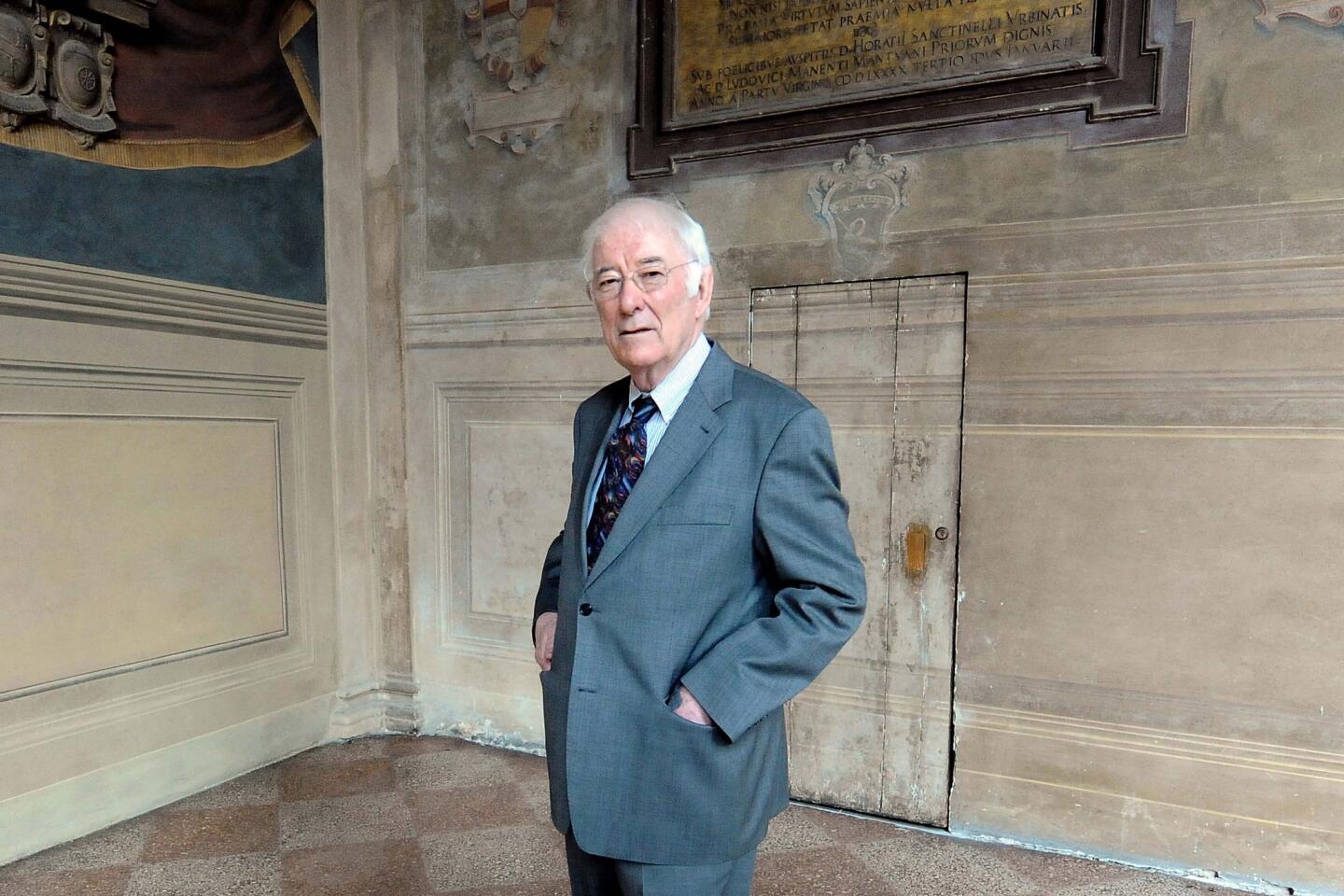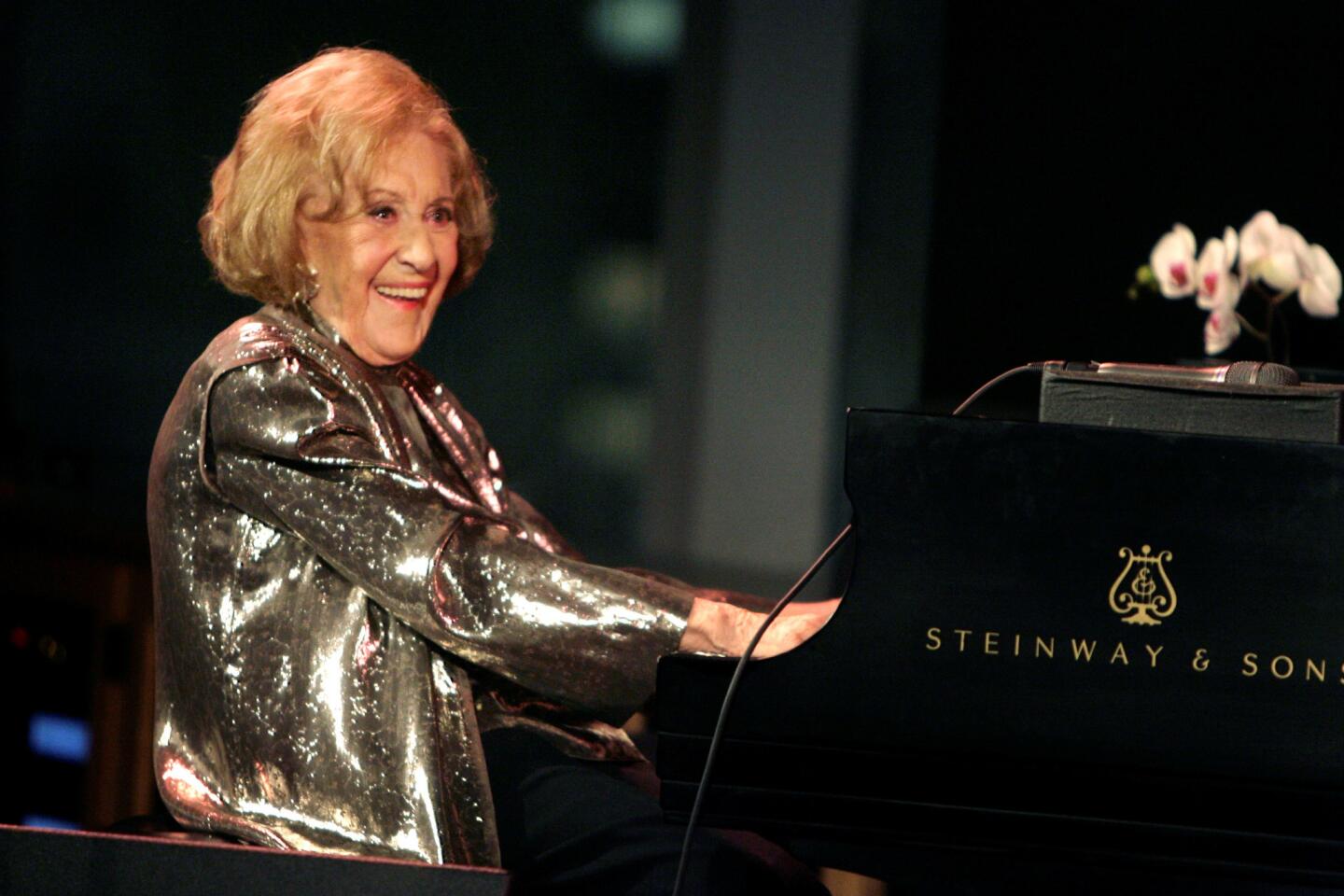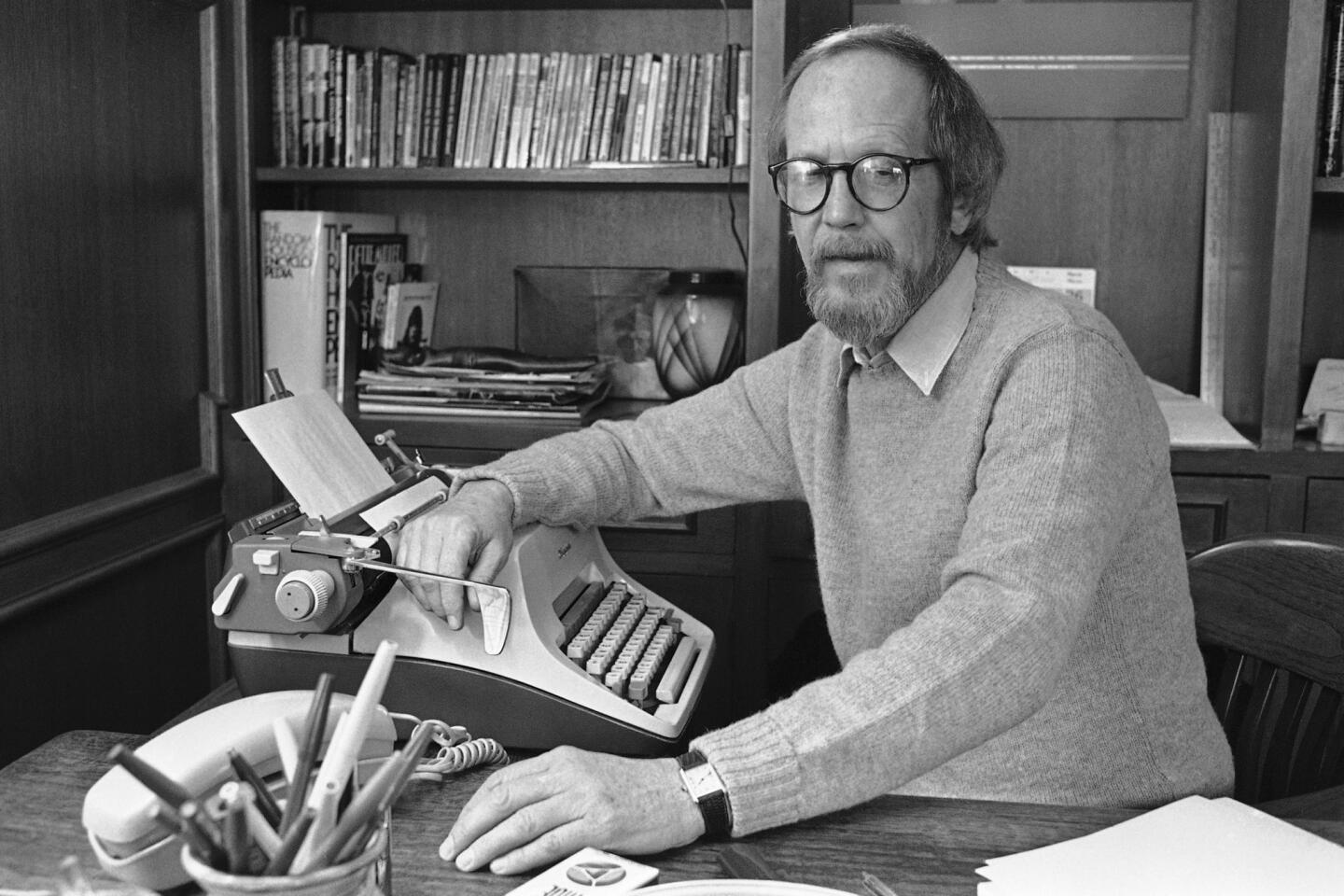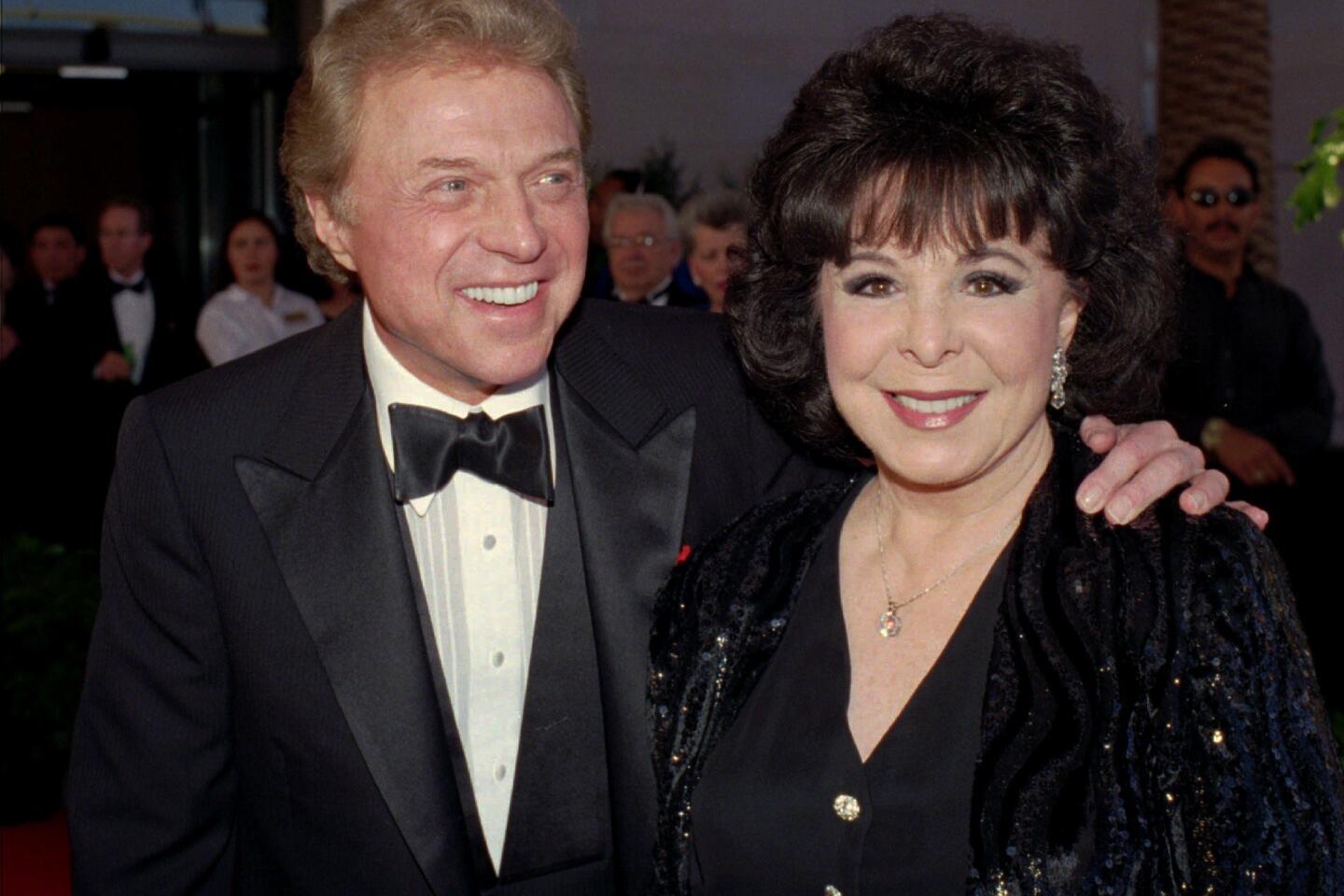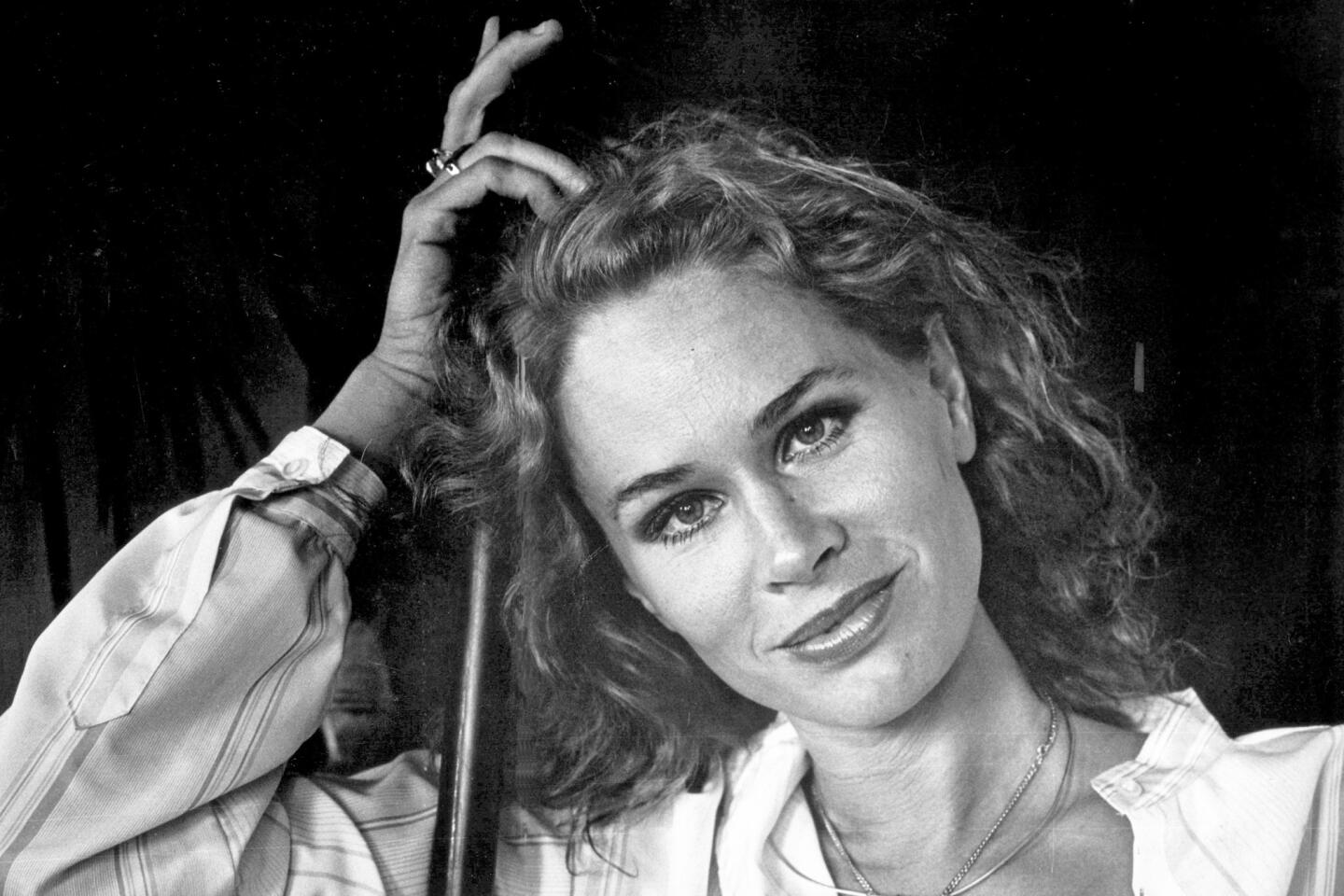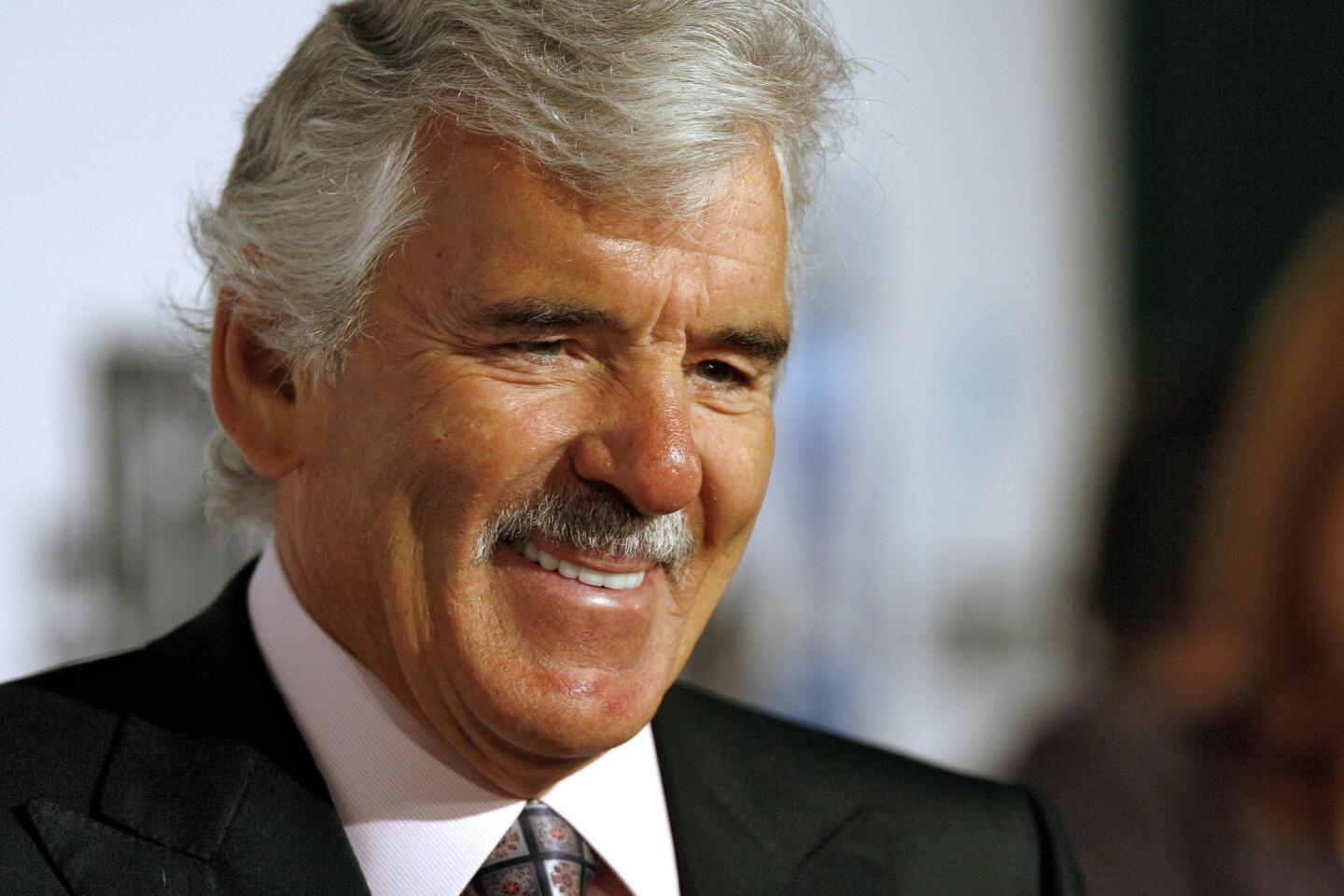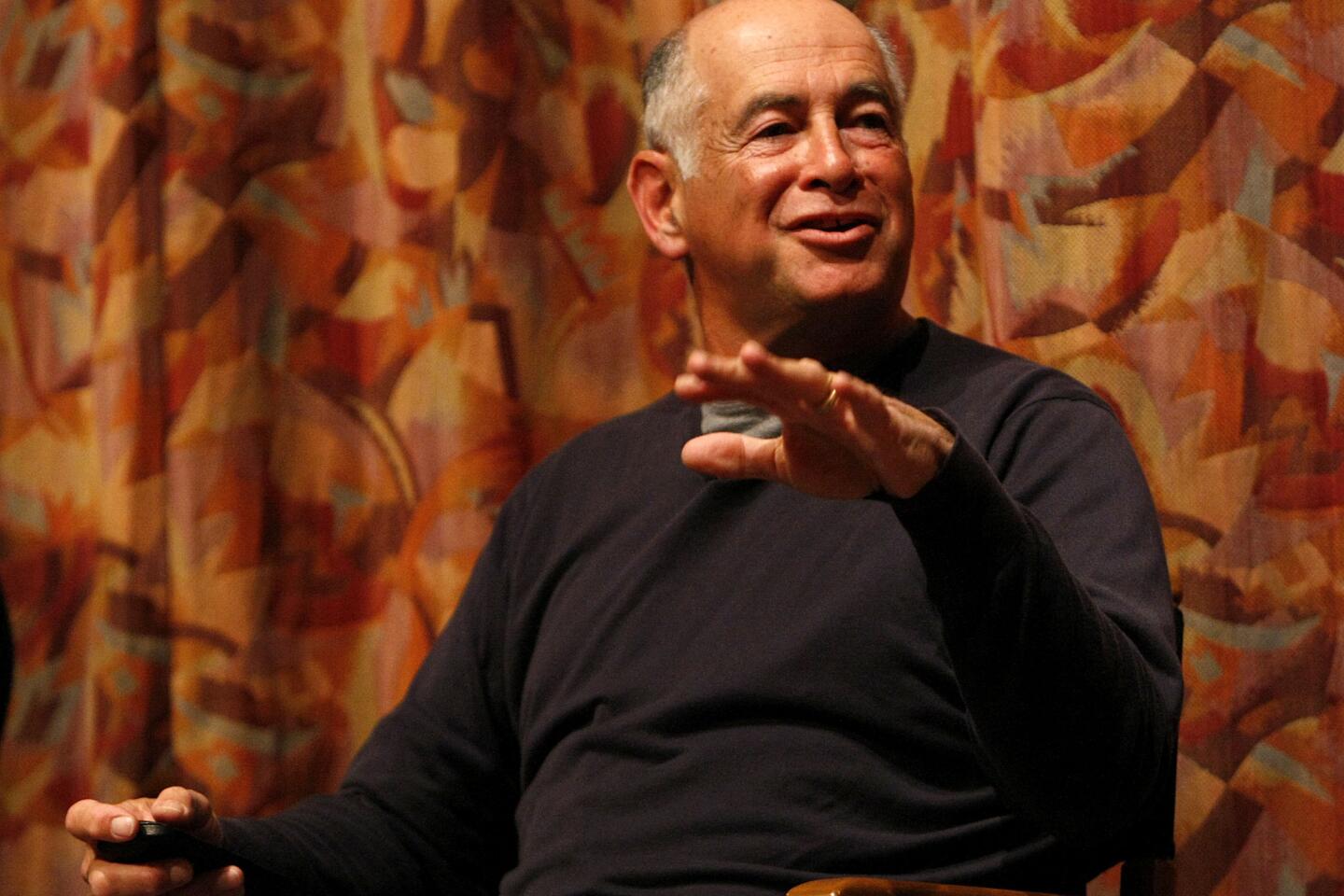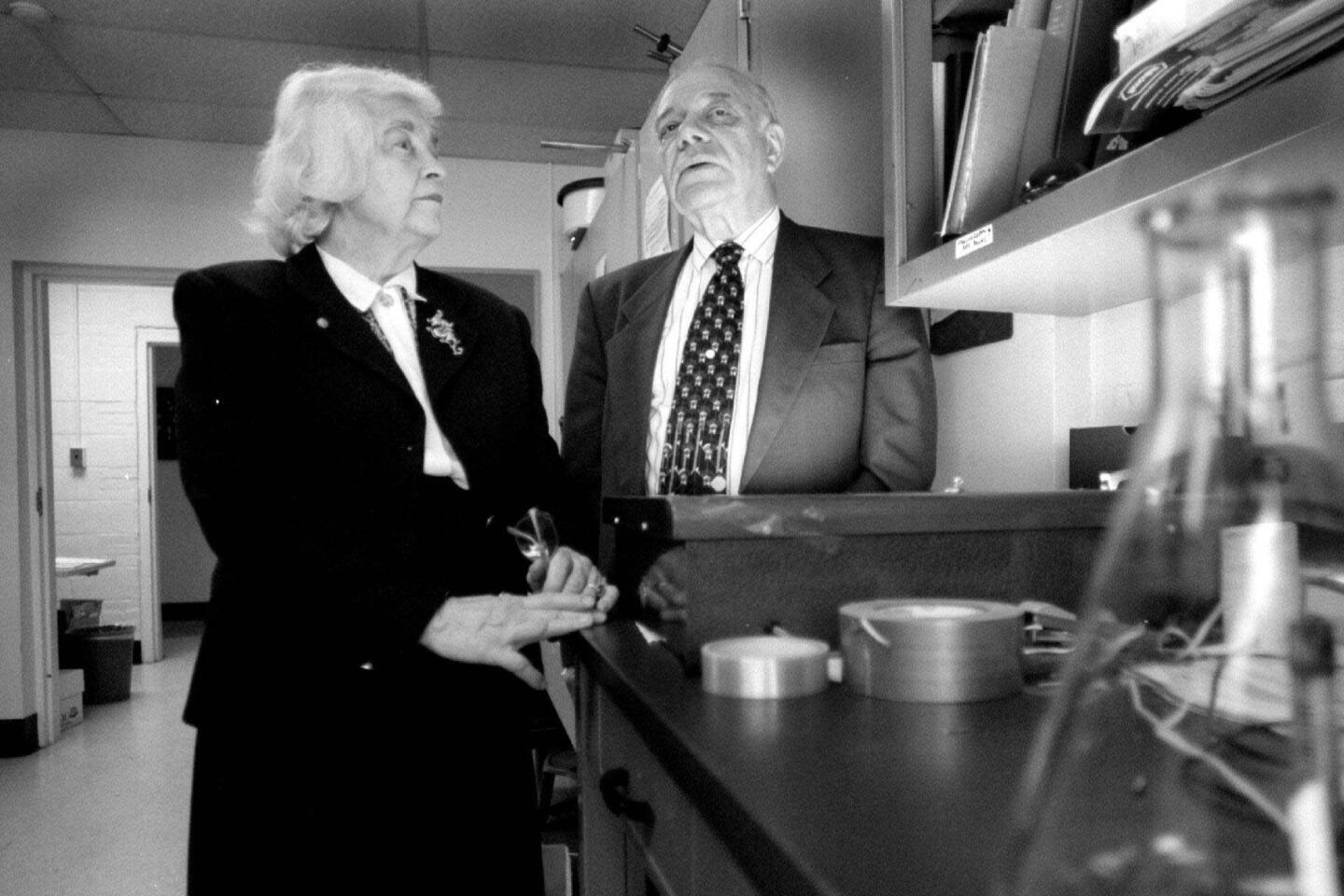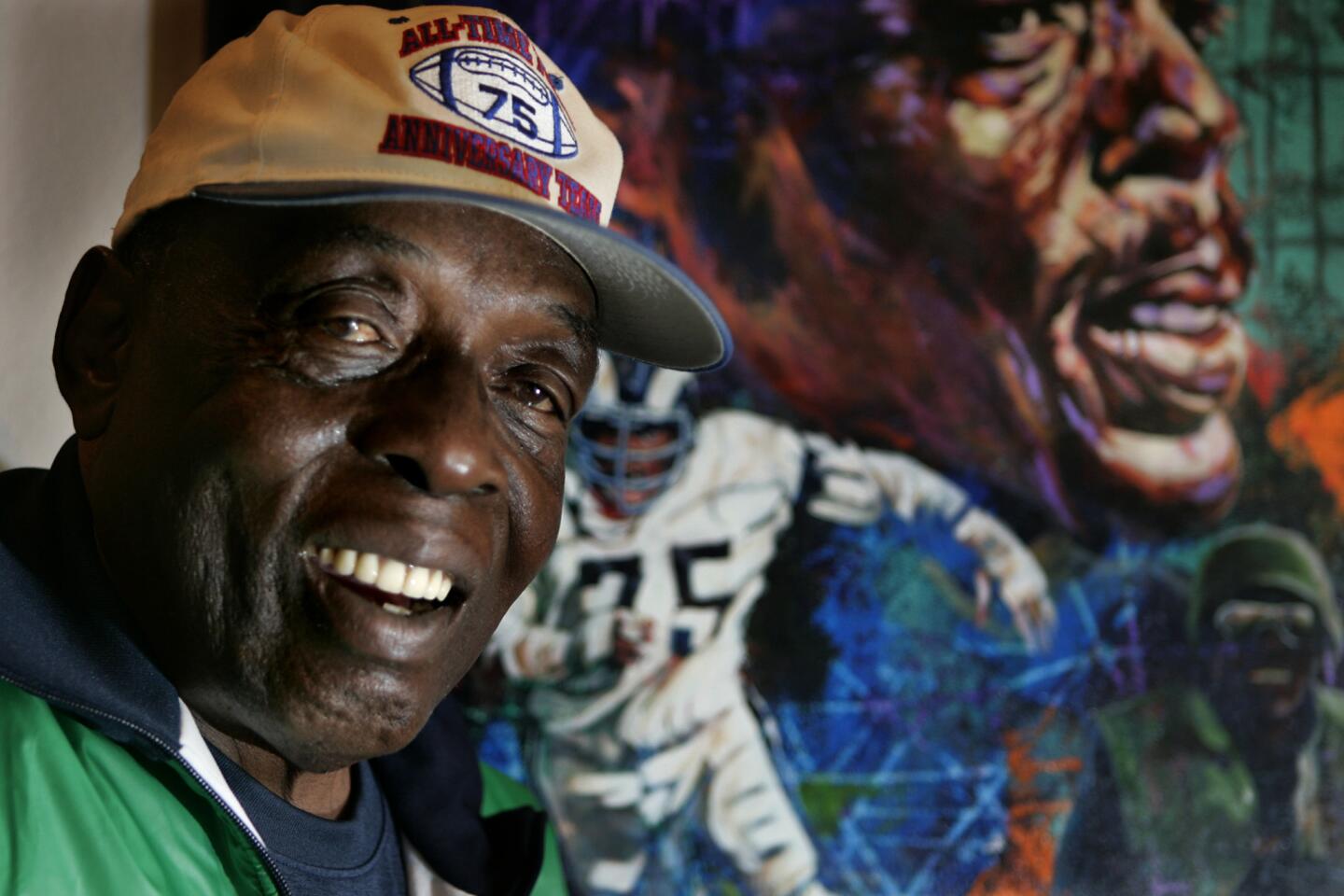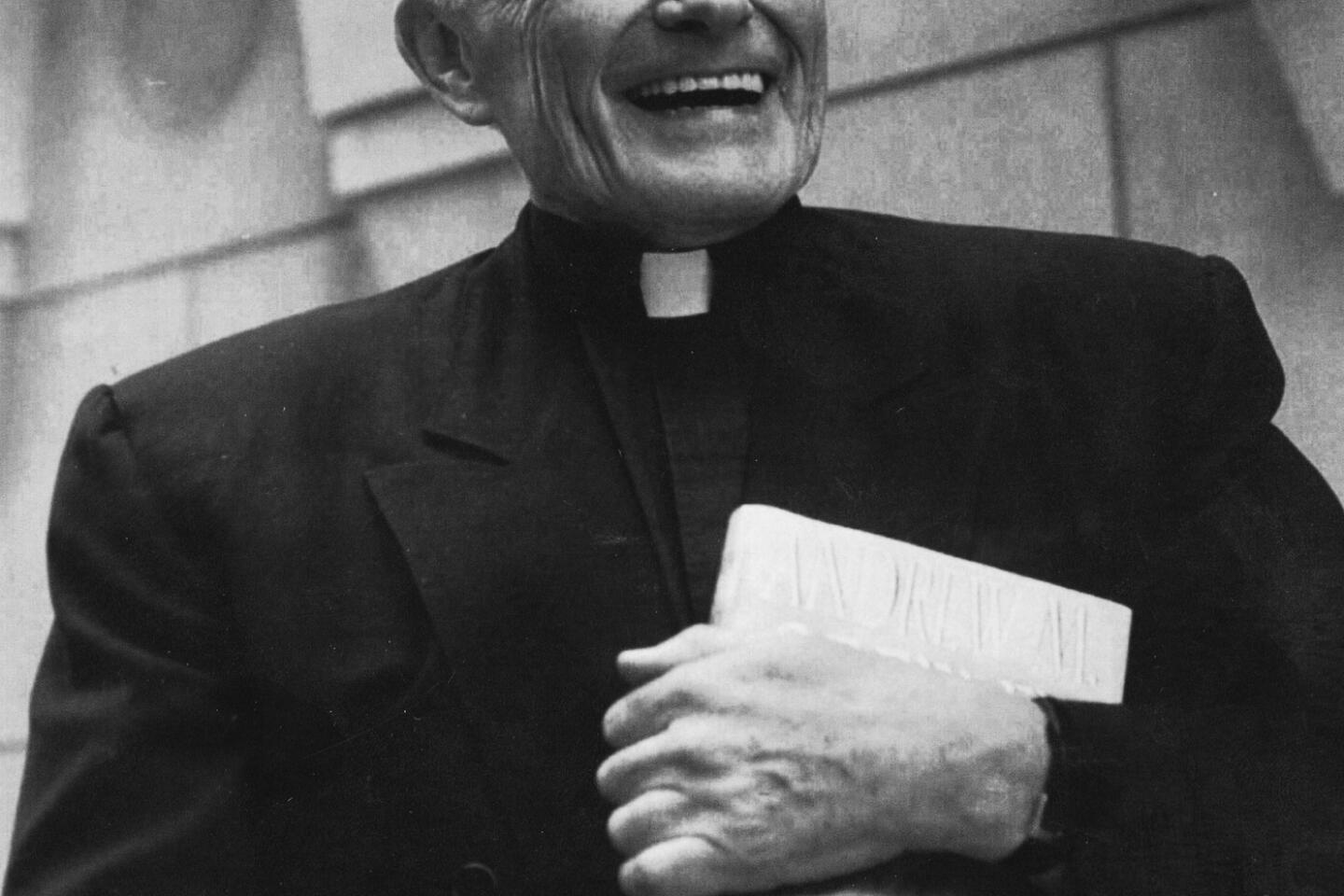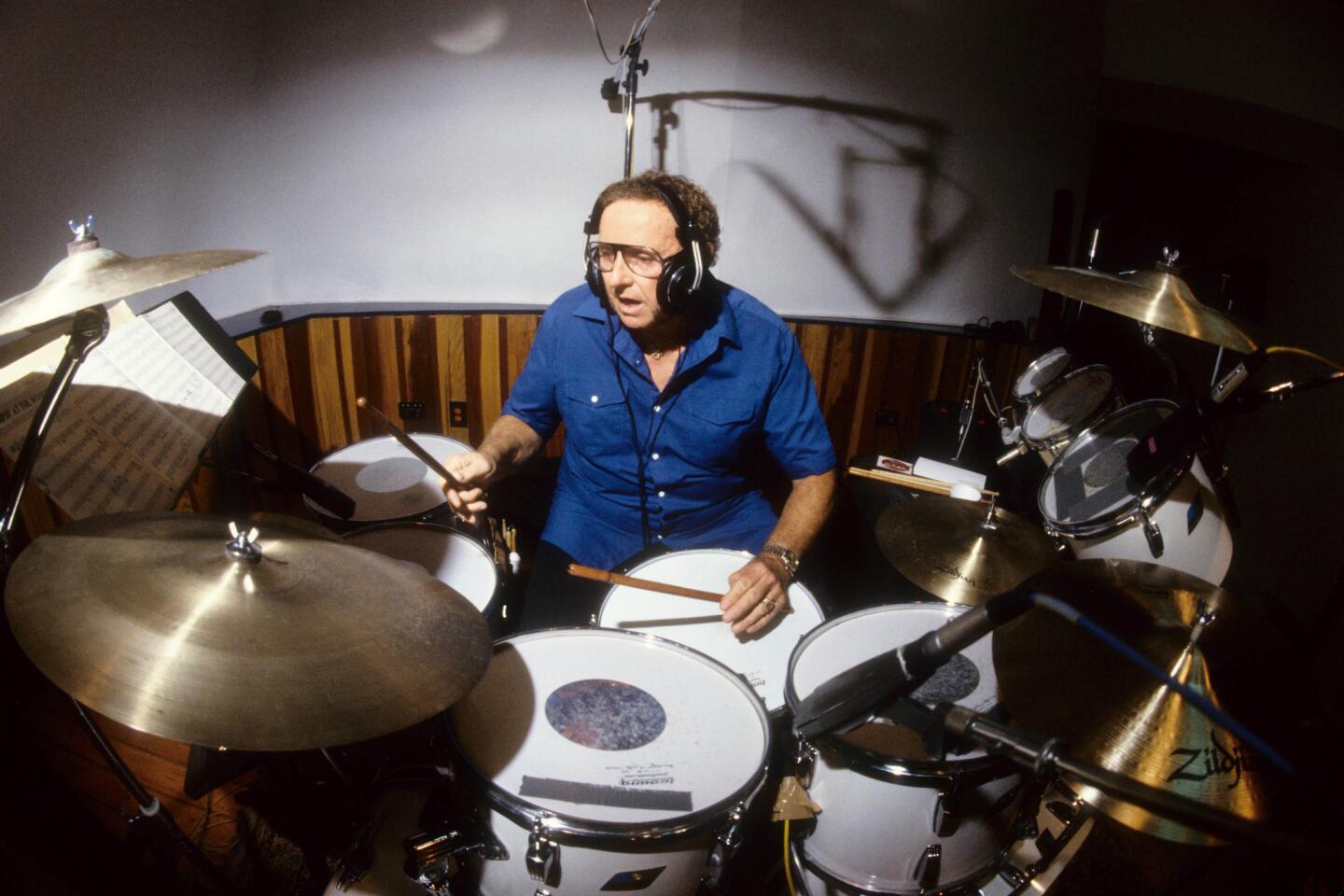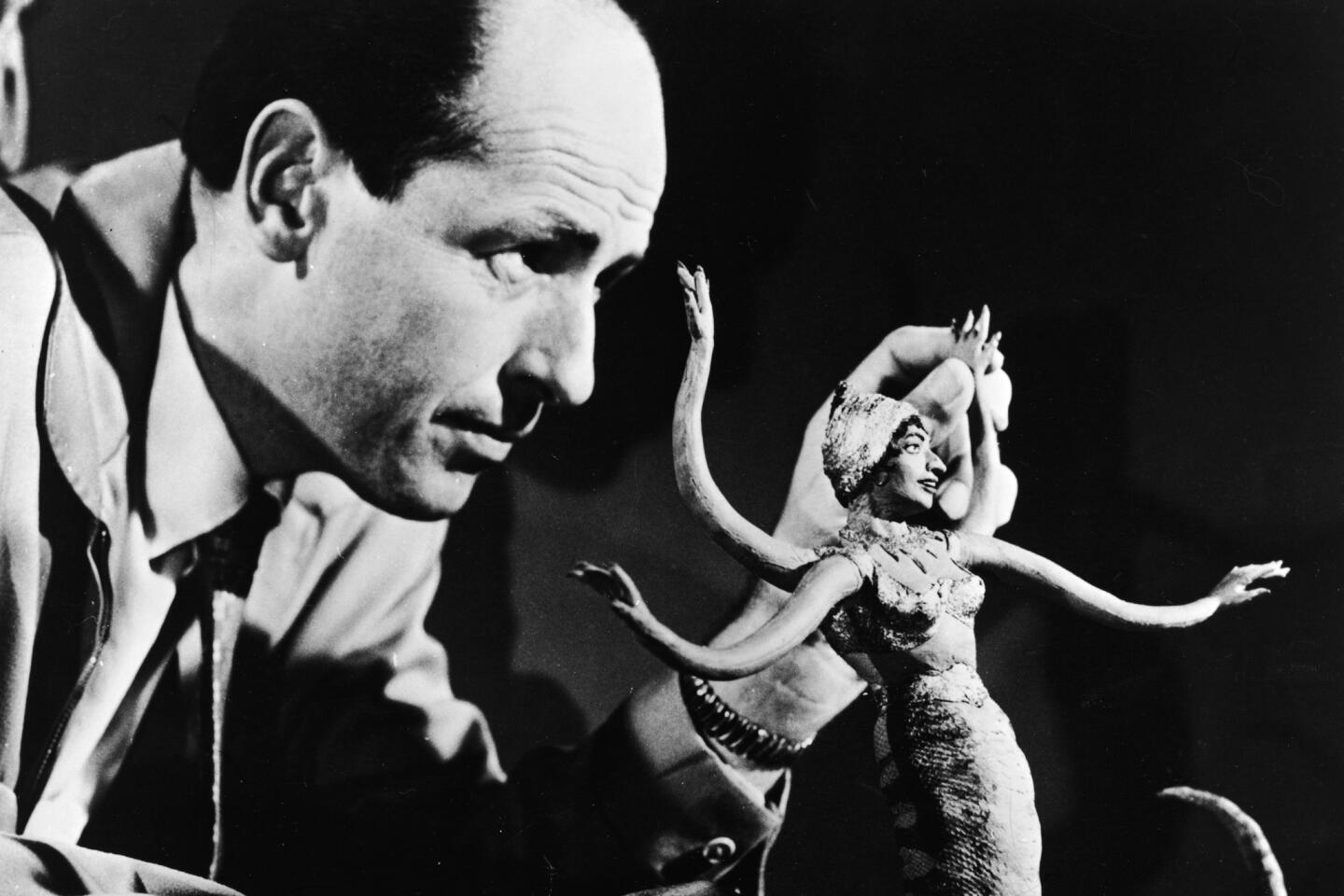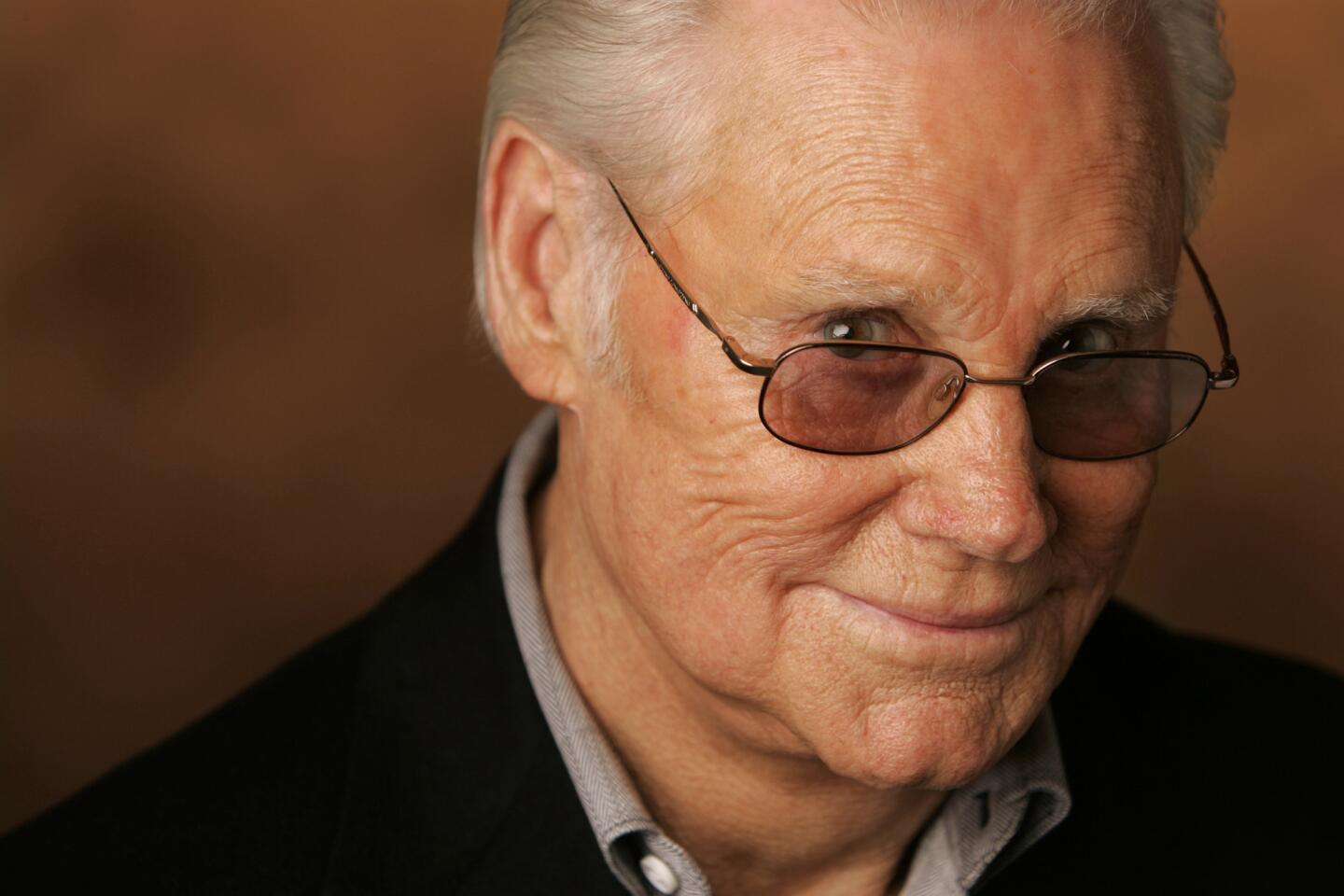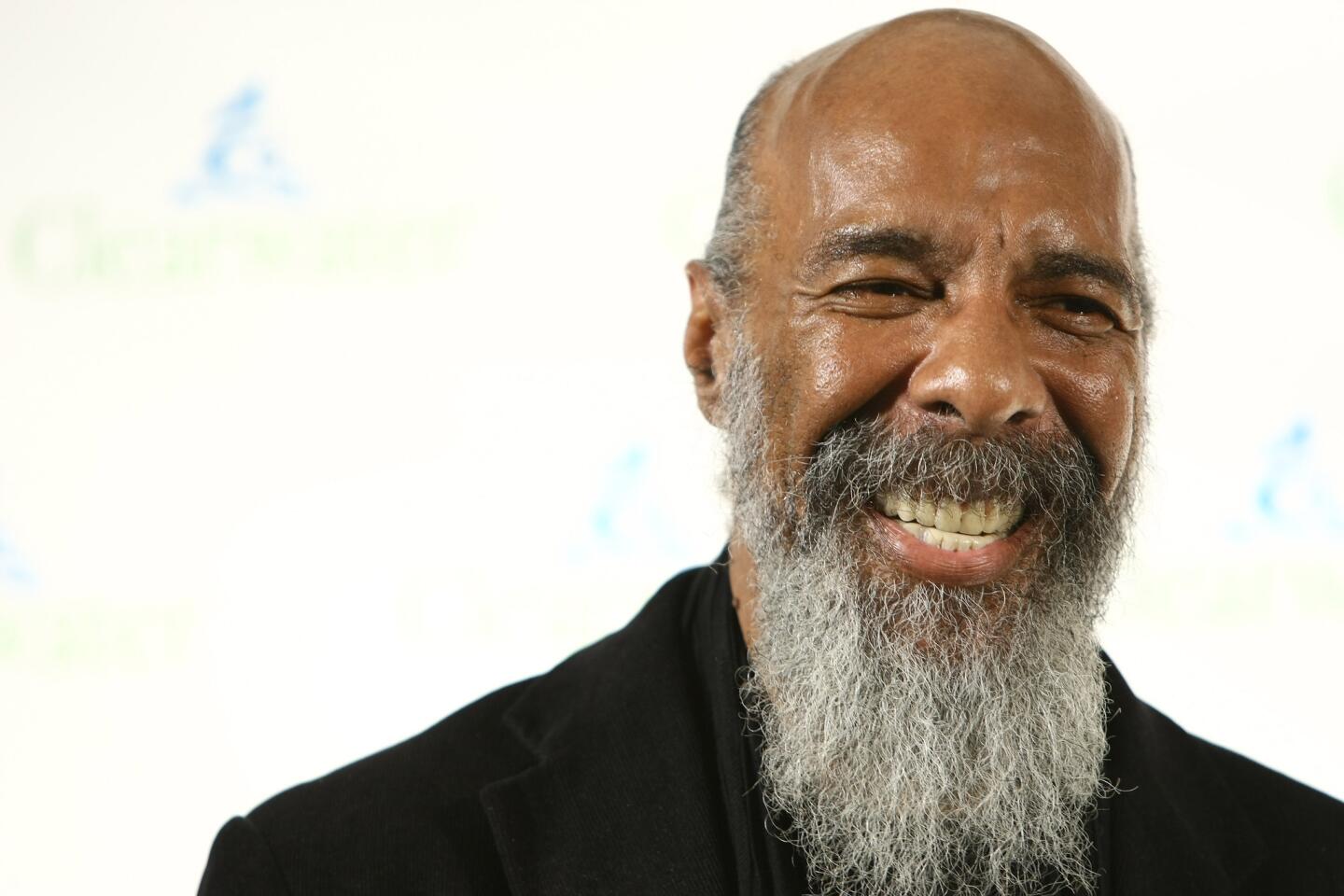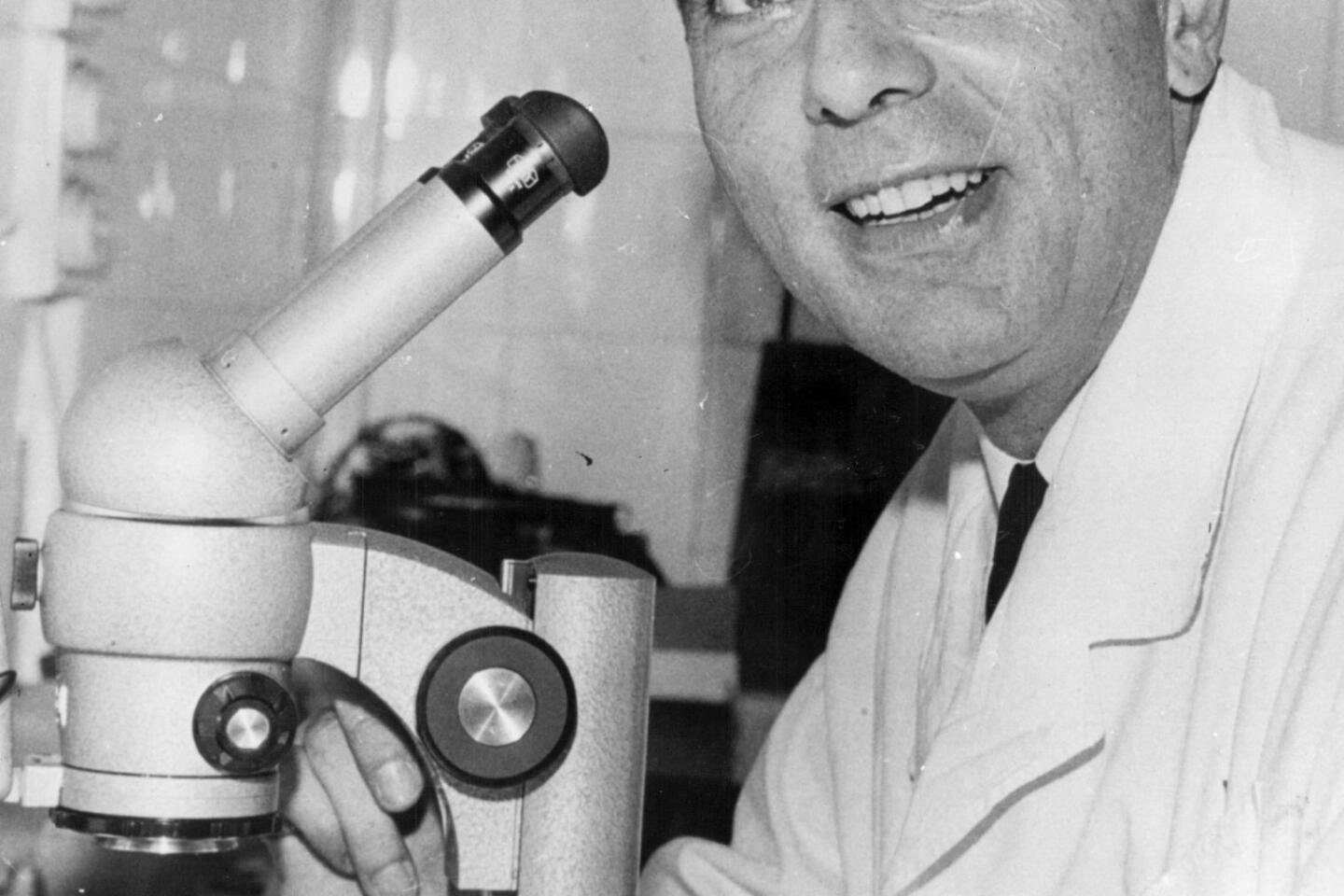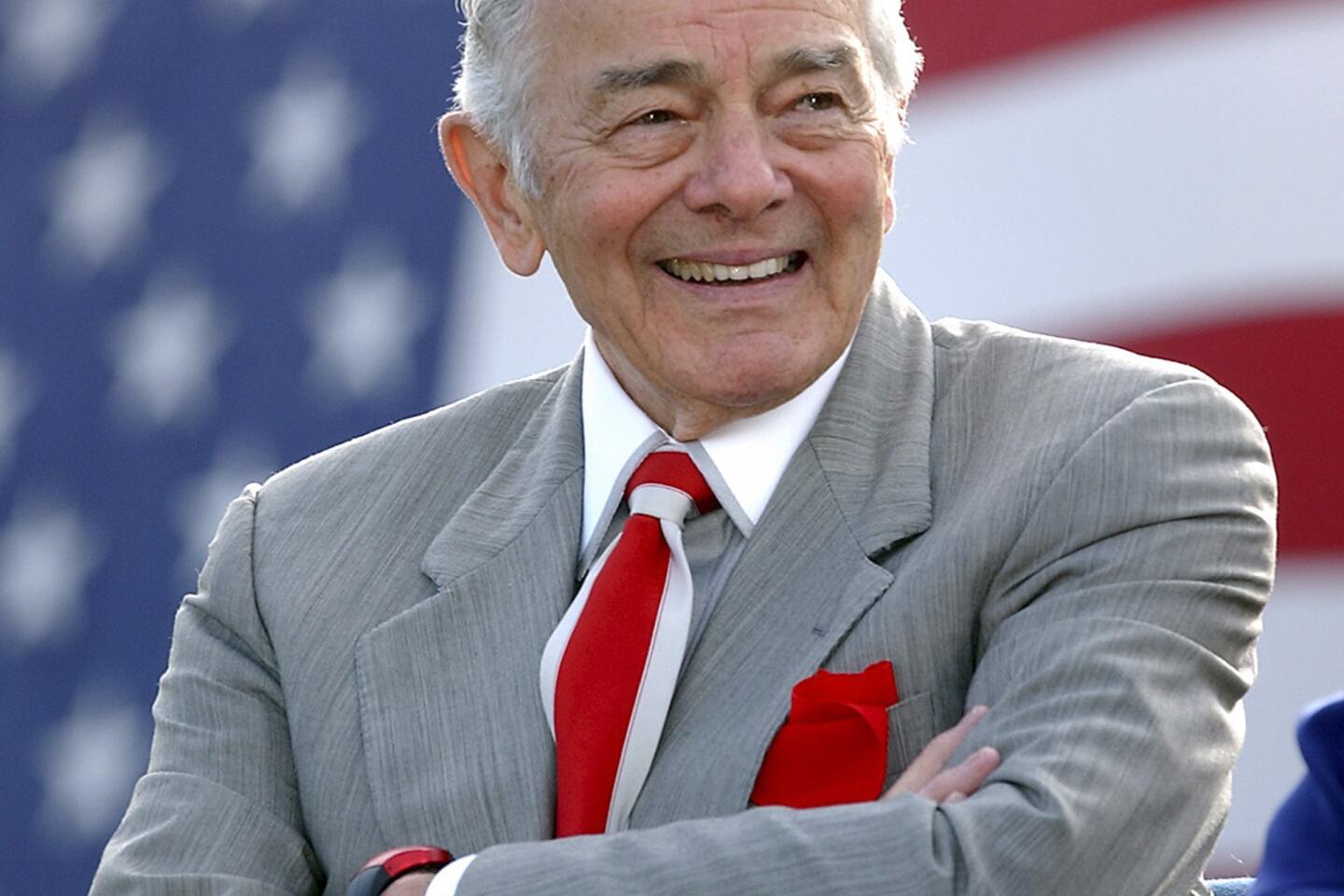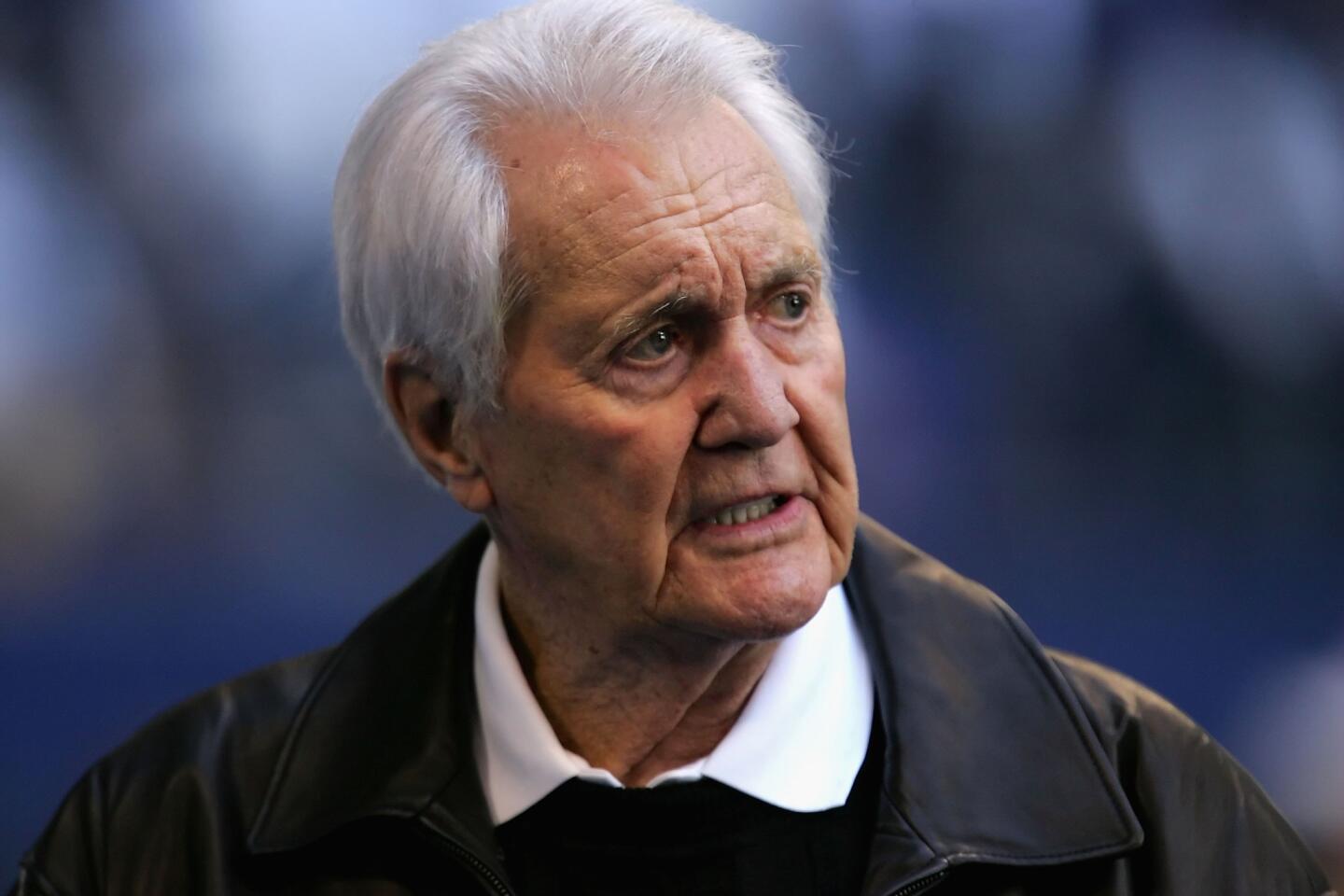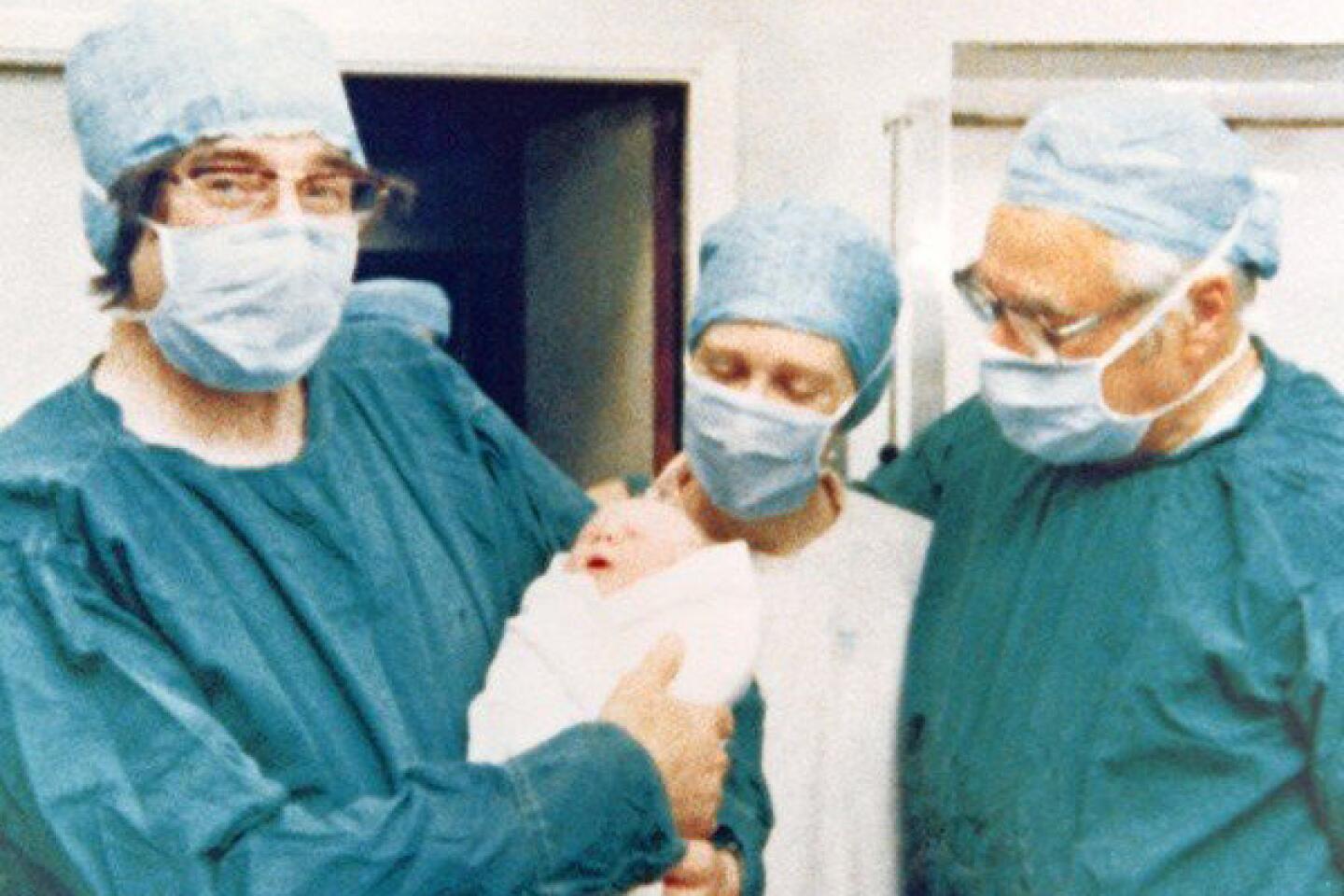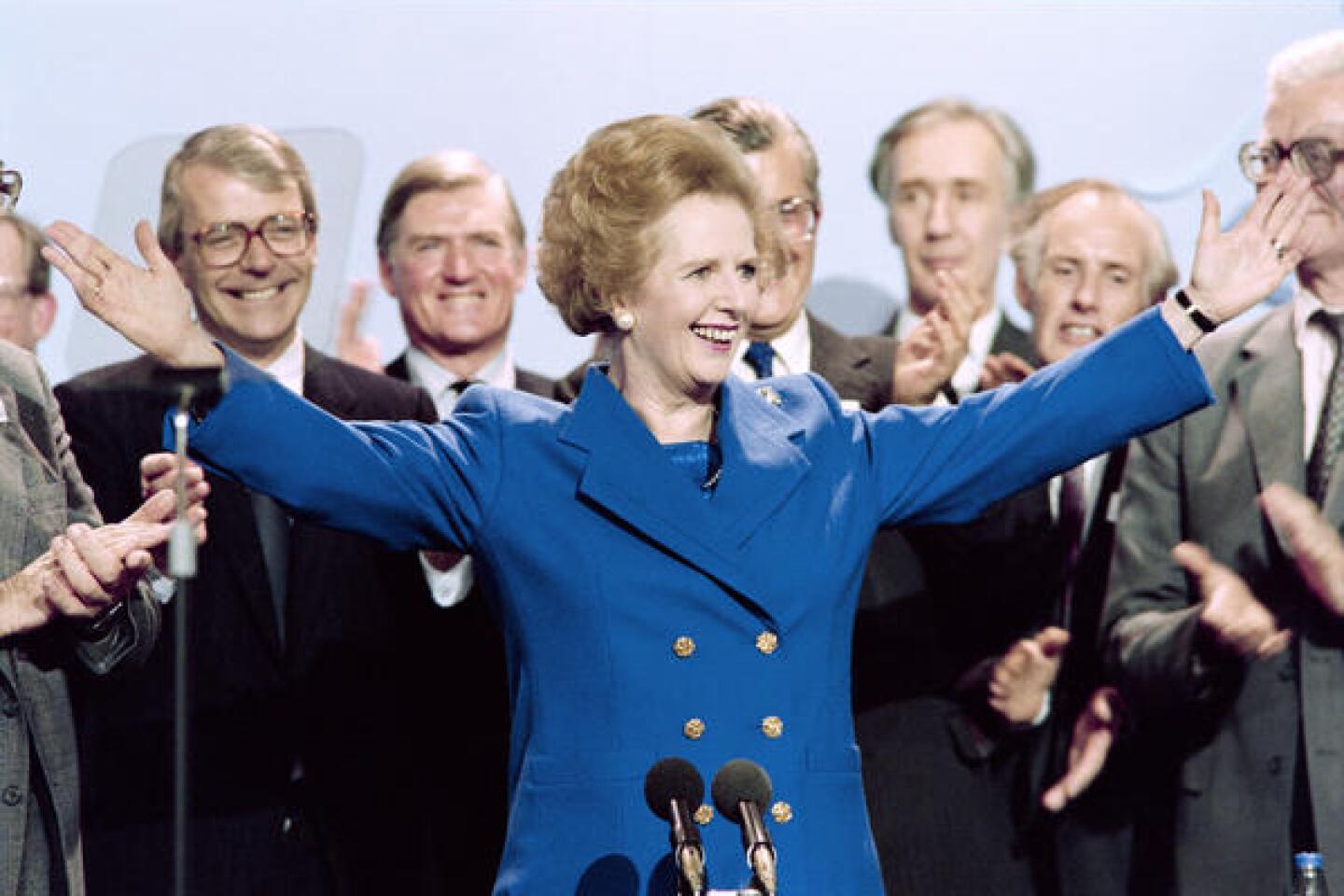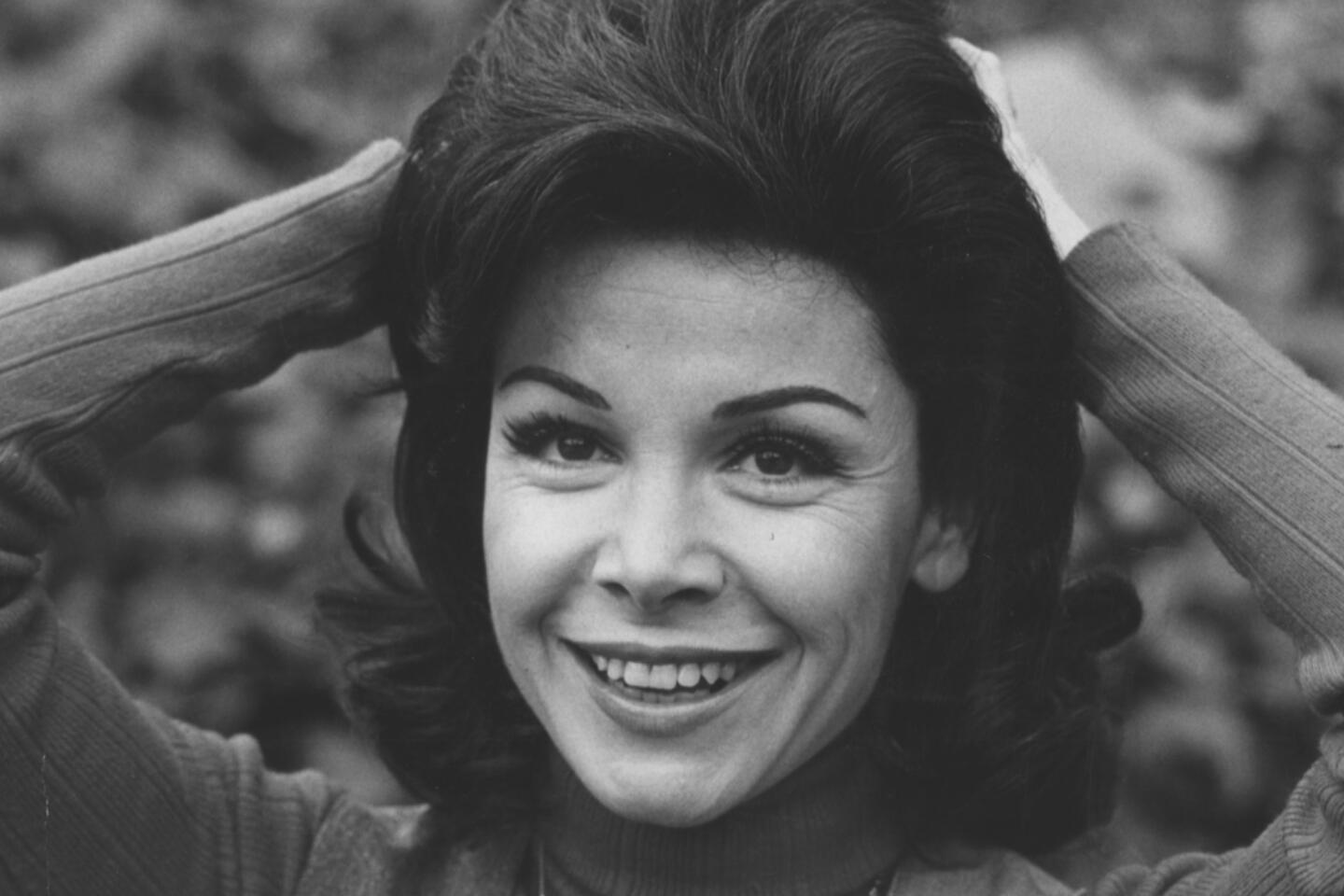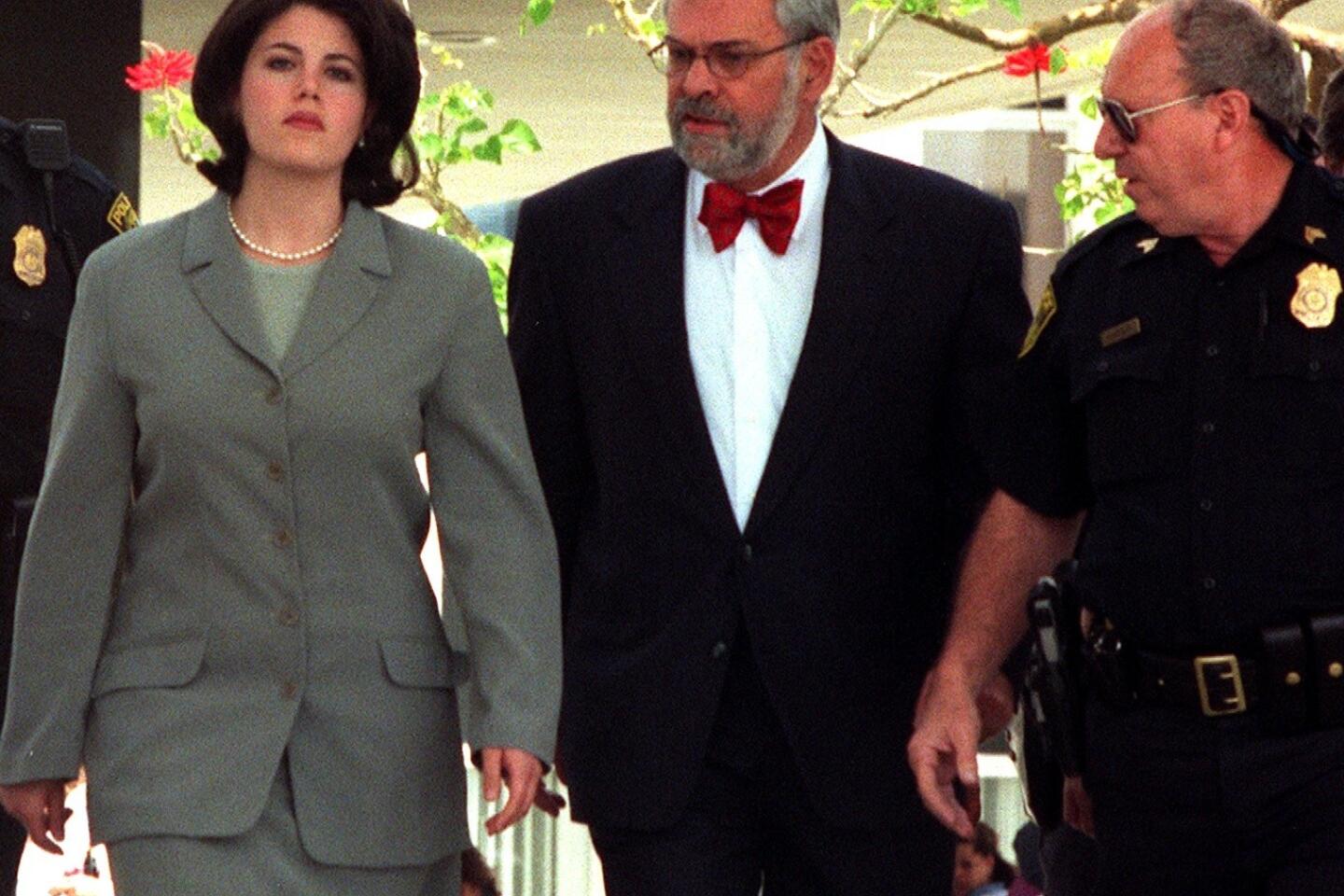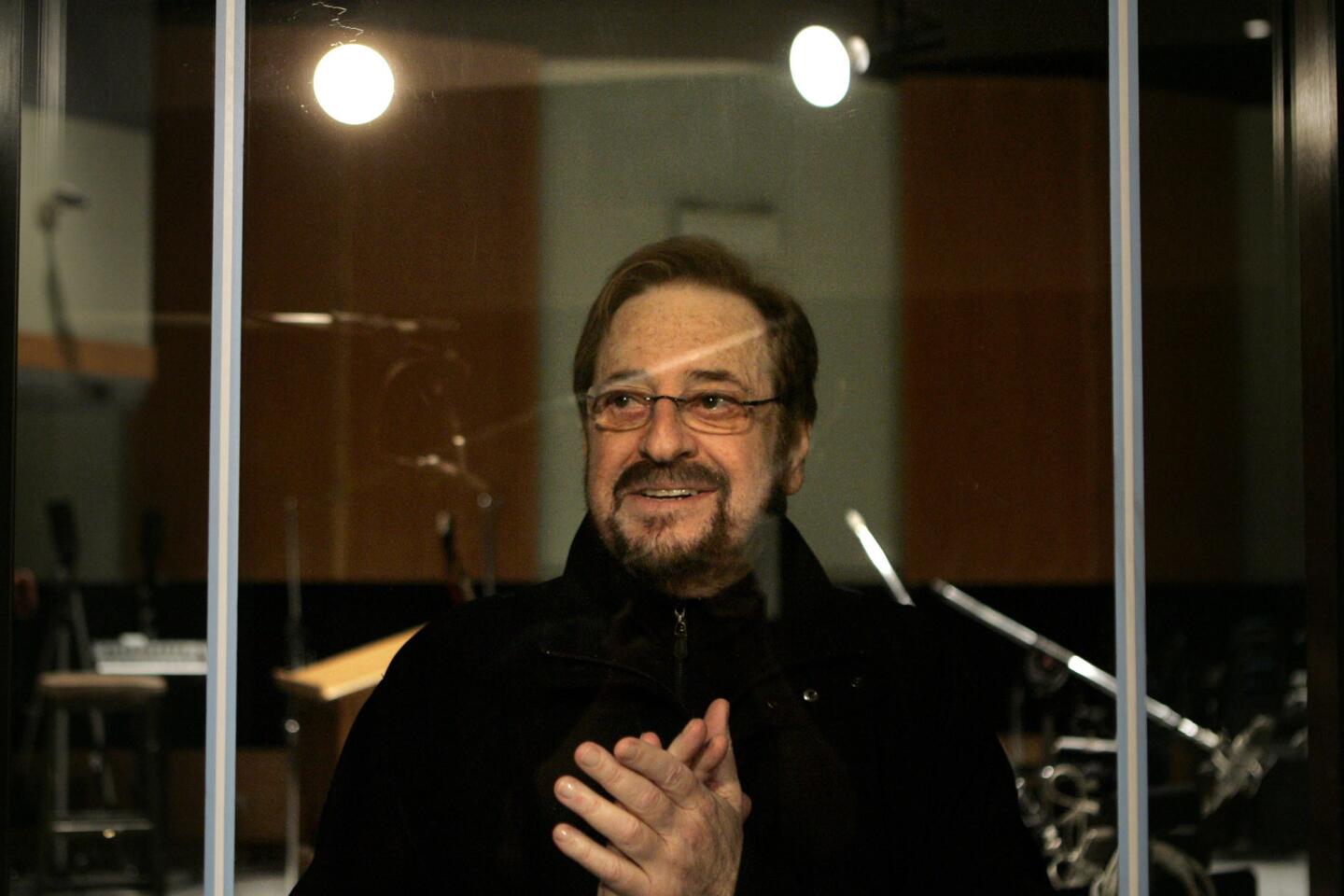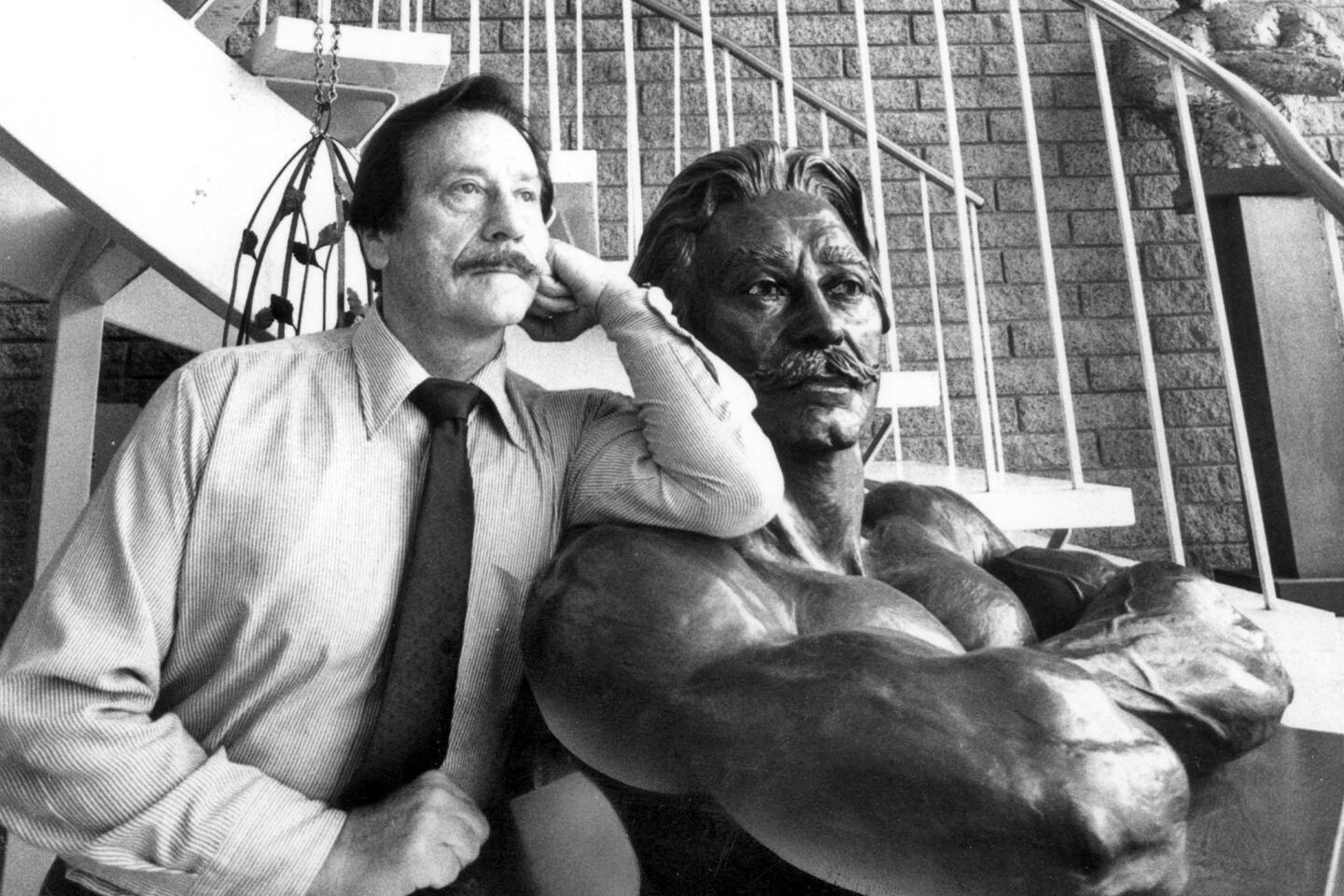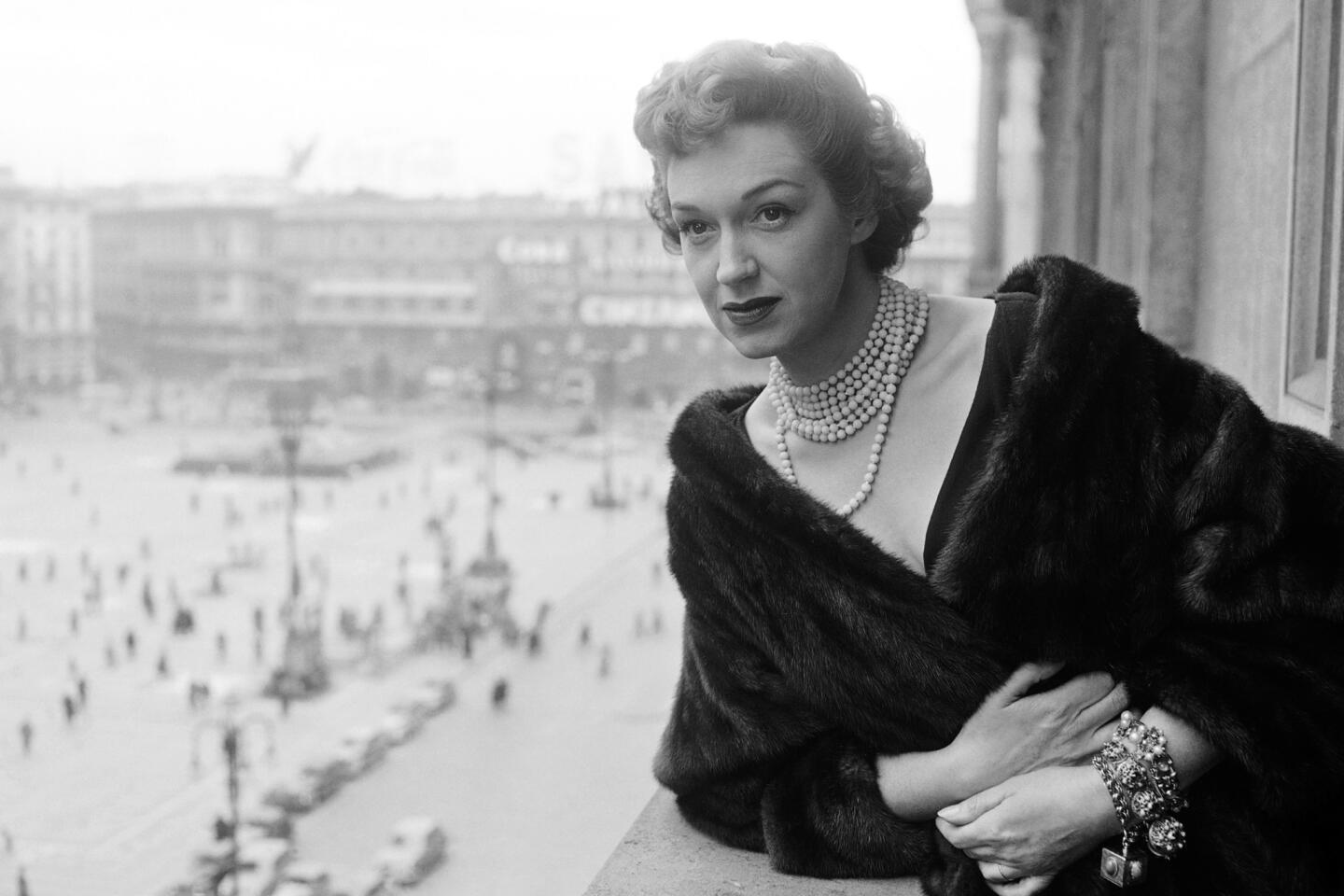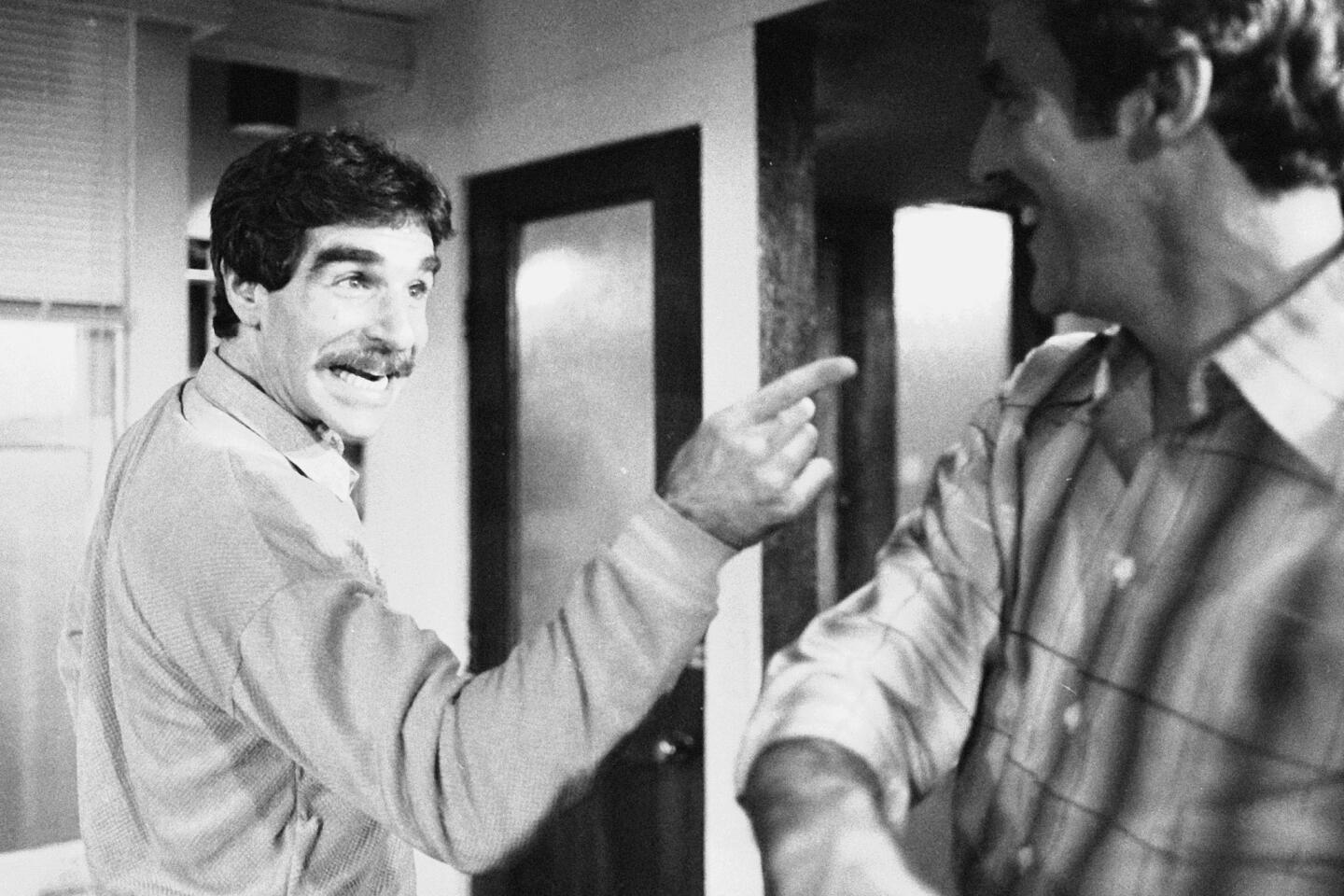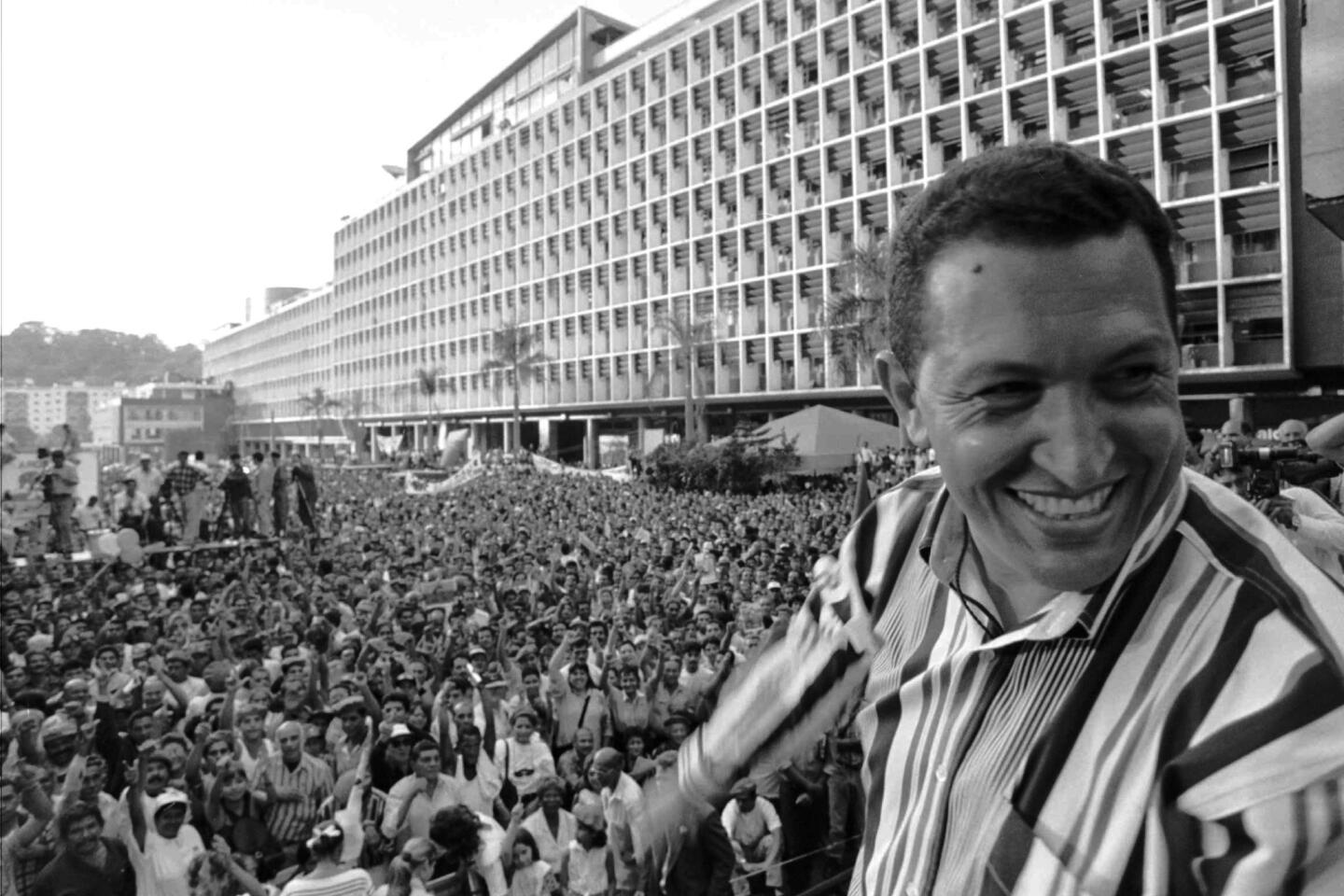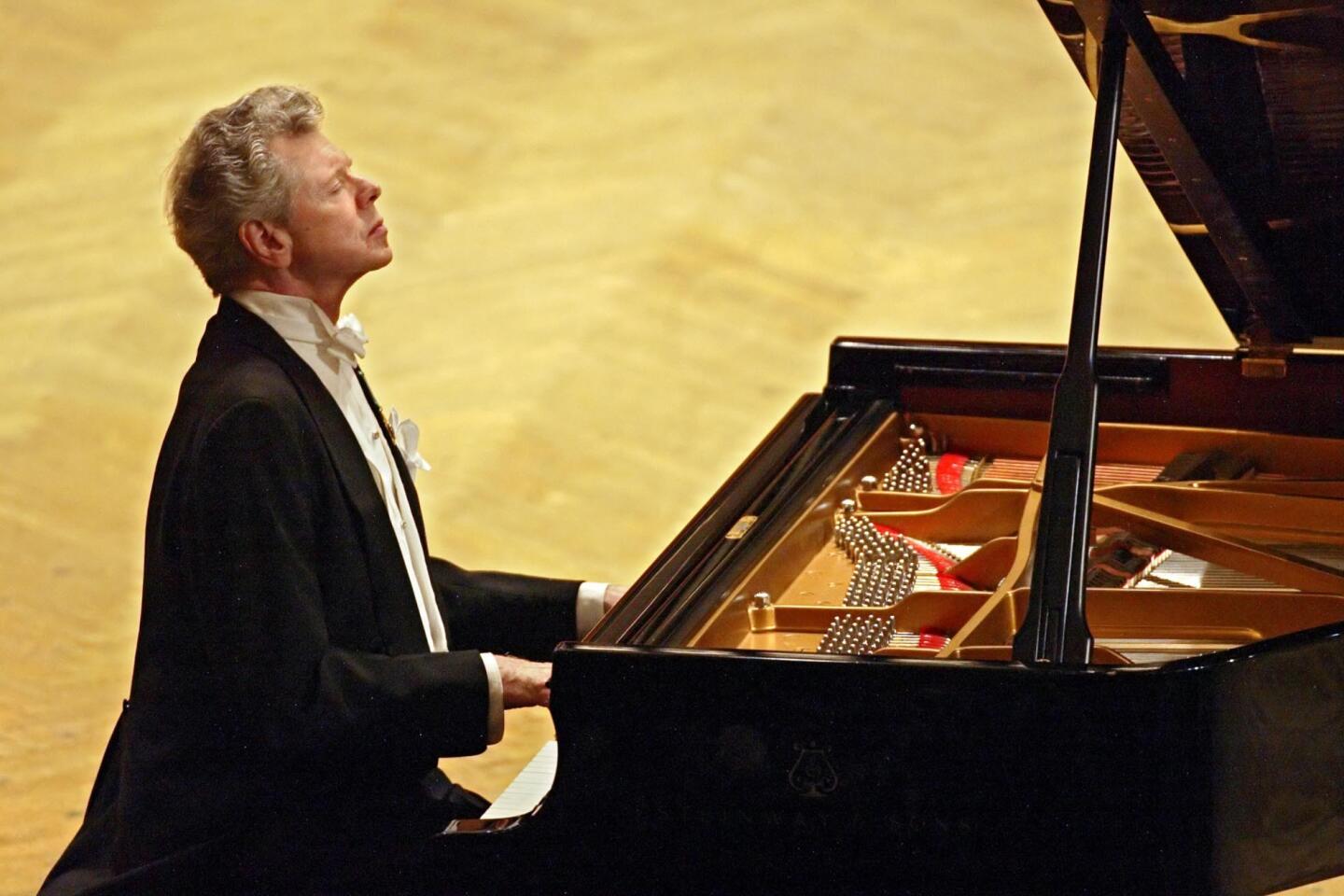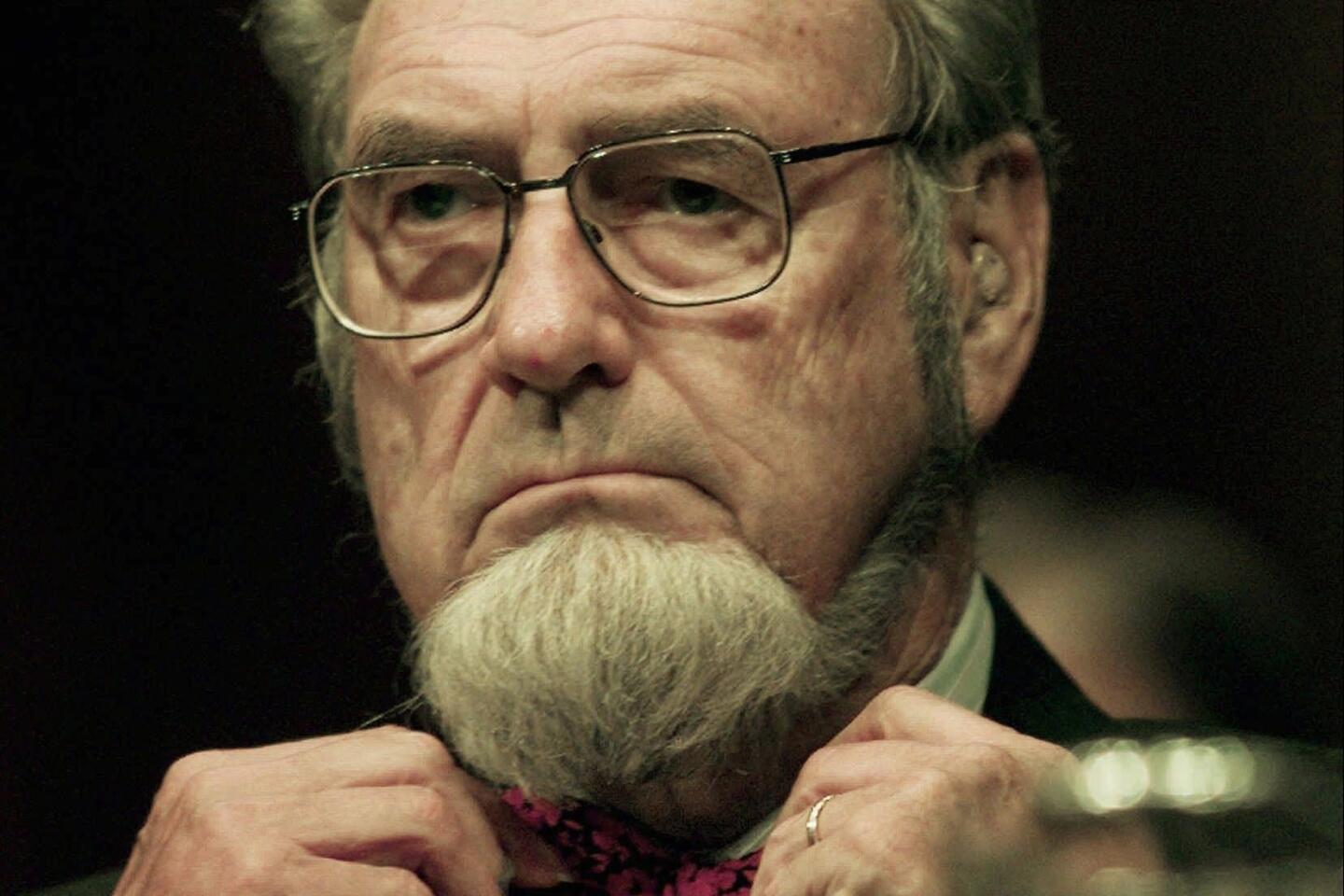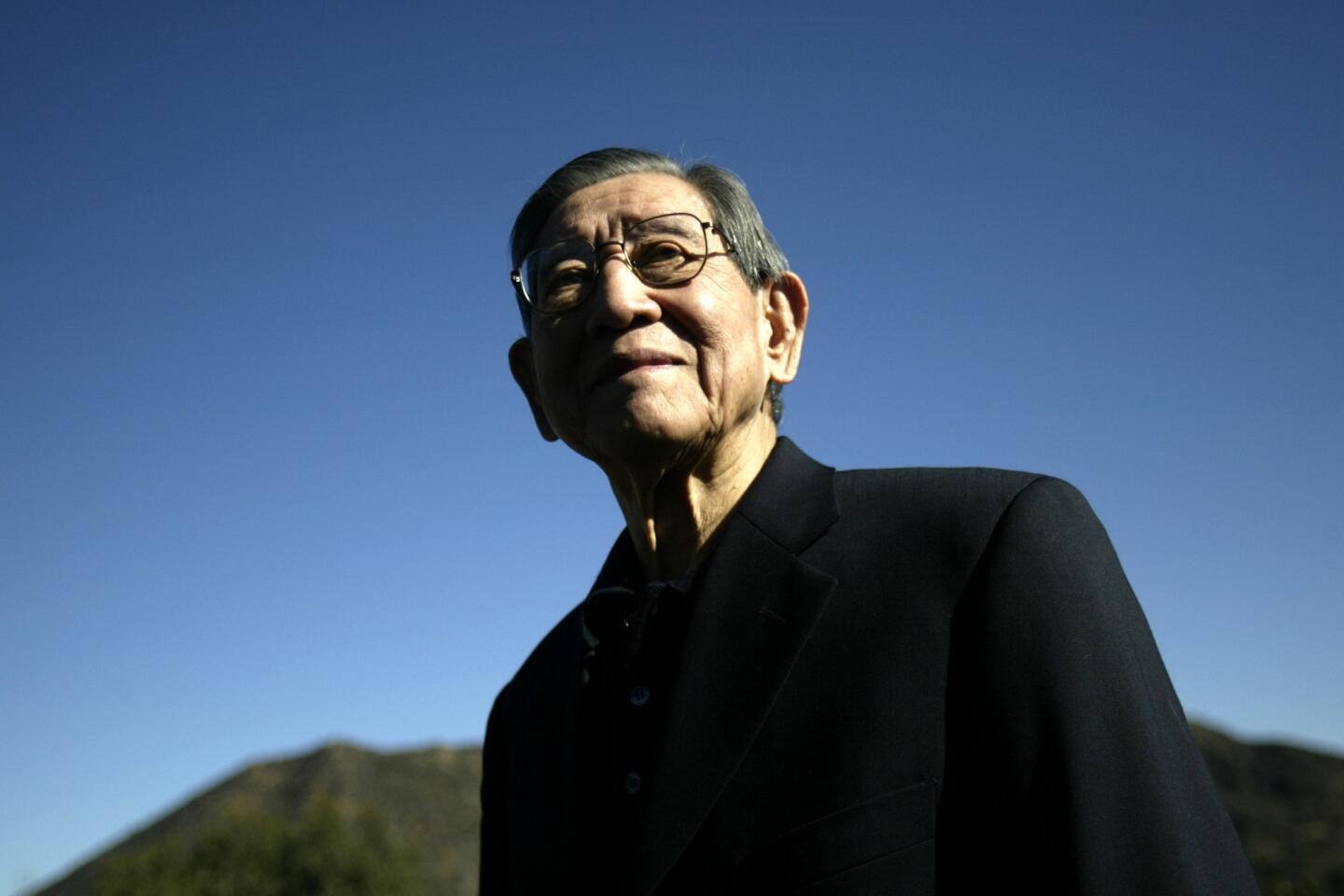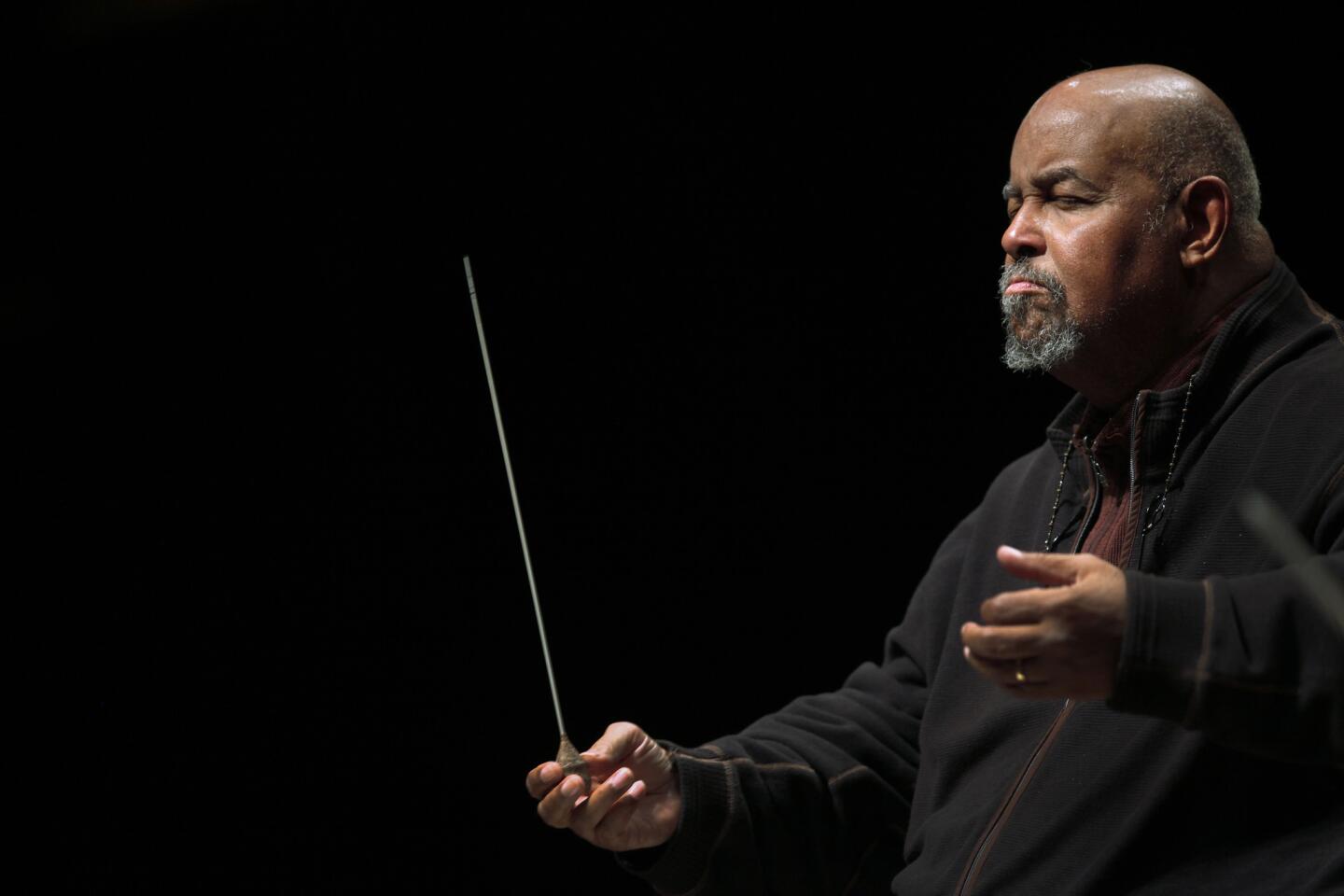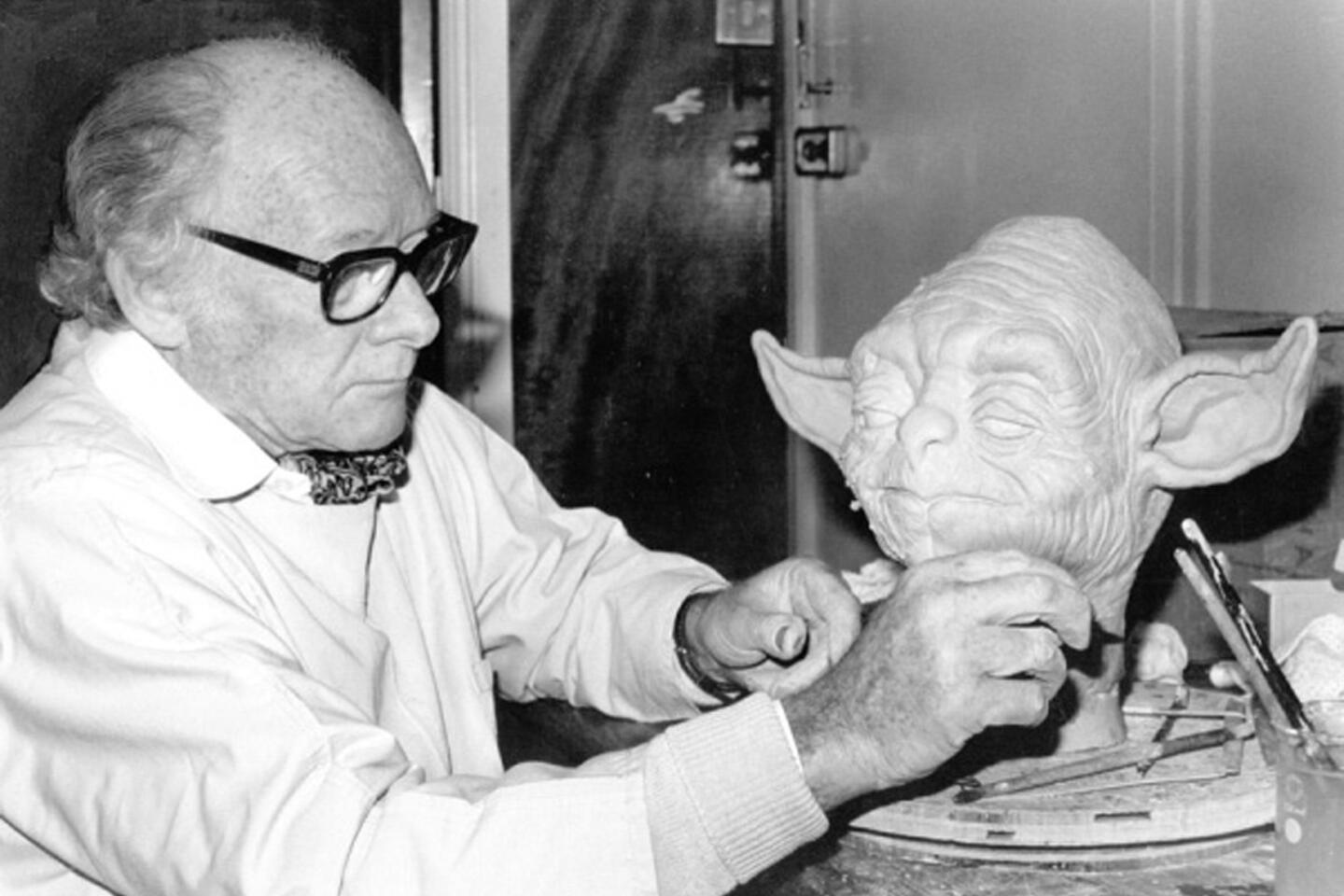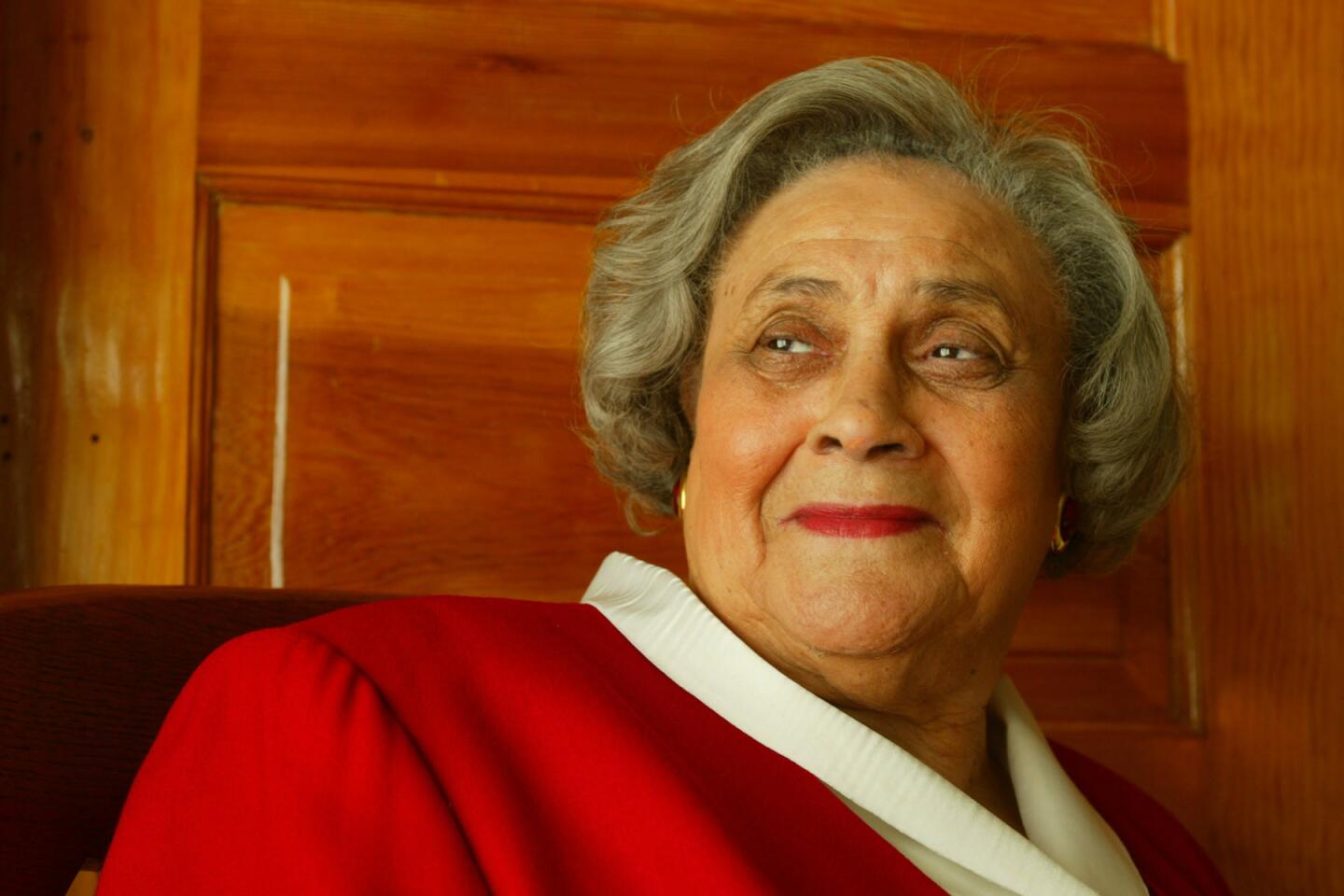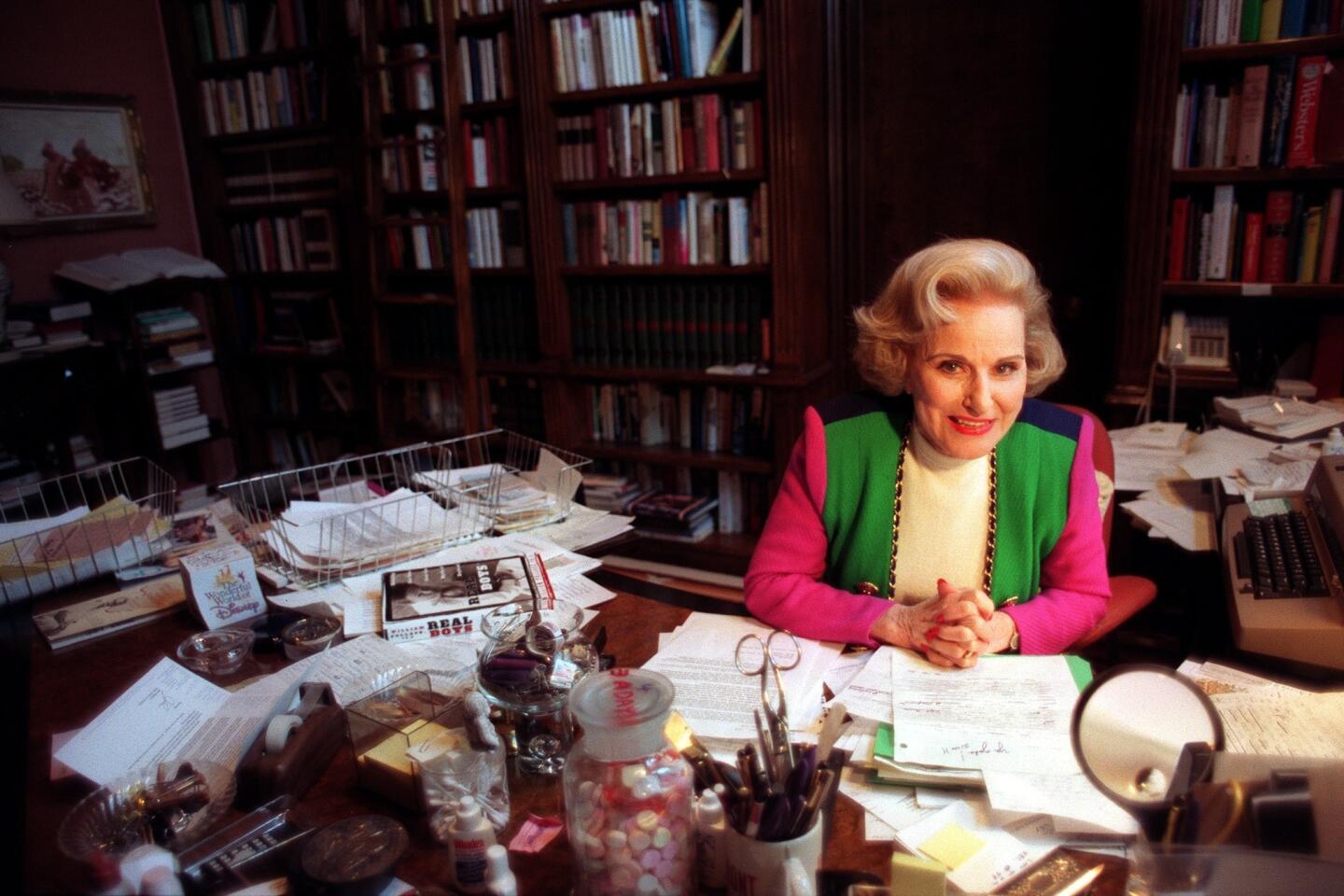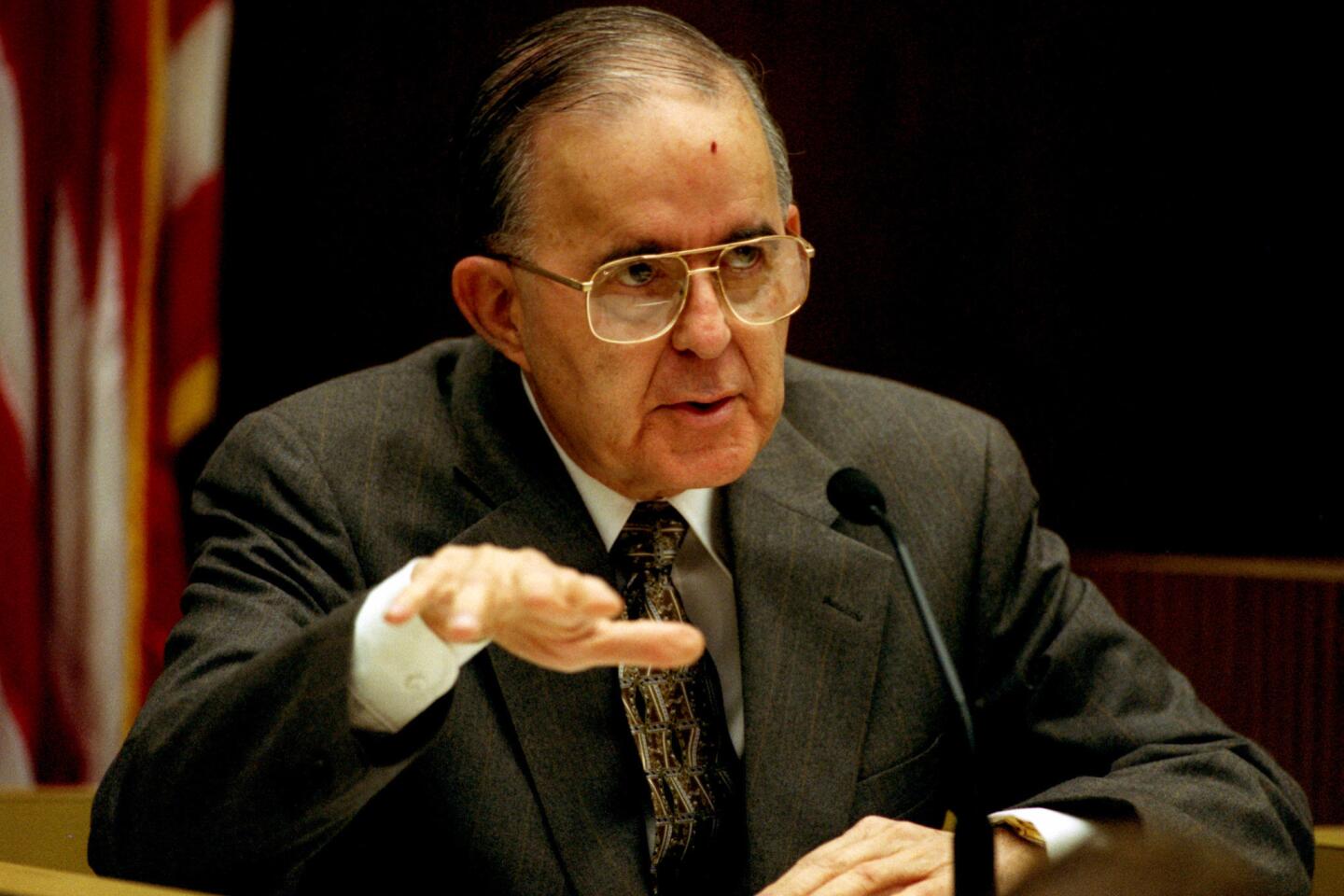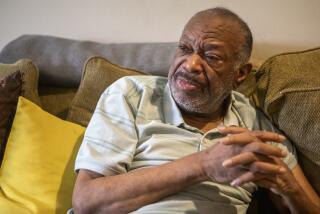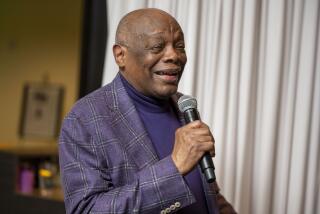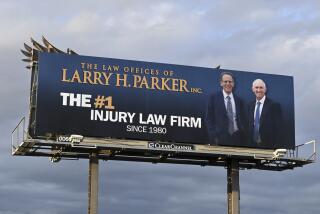Ed Miller dies at 87; longtime D.A. for San Diego County
Ed Miller, who served as San Diego County district attorney for 24 years and, beginning in the scandal-ridden 1970s, was a major figure in reforming the city’s political, business and law enforcement establishment, has died. He was 87.
Miller died Sunday of liver cancer at his La Jolla home, said his son, Stephen.
The Democrat served in the San Diego city attorney’s office in the 1960s and was appointed U.S. attorney in 1966 by President Lyndon Johnson. After being ousted by Johnson’s Republican successor, Richard Nixon, Miller went into private practice.
When the county’s longtime district attorney retired, Miller declared his candidacy against the incumbent’s hand-picked successor, who enjoyed support from the predominantly Republican establishment.
Miller’s victory in 1970 was a “seminal moment” of change in San Diego, said John Kern, a newspaper reporter during that era who later became a political consultant and chief of staff during Dick Murphy’s service as mayor.
“It was an earthquake to the establishment — here was this Democrat, this outsider, as D.A.,” Kern said.
Under Miller, the district attorney’s office prosecuted business leaders whose questionable dealings had often been ignored by the local media and legal community. Among those prosecuted and convicted was C. Arnholt Smith, a Nixon confidant and “Mr. San Diego” whose bank had failed amid self-dealing.
Miller expanded and professionalized the district attorney’s office. An insurance fraud unit was established, a witness and victim assistance program was begun, and prosecutors were assigned to investigate hate crimes and child abuse and to make sure that killers sentenced to life in prison were not released.
Along with Miller, two other reformers rose to prominence in San Diego in the early 1970s — Pete Wilson was elected mayor and Bill Kolender became police chief — following scandals that led to the downfall of their predecessors. Within a decade the civic landscape had been profoundly changed because of the three.
Wilson removed the influence of Smith from City Hall and increased the importance of community planning groups. Kolender supported a community-oriented policing style and expanded the hiring of women and minorities.
As the county’s chief law enforcement official, Miller often played a key behind-the-scenes role. Miller, quietly and without notice to the press, called together law enforcement officials from three agencies to urge “more attention, energy and resources” to solving a string of prostitute murders, recalled Norm Stamper, a former assistant San Diego police chief and later the police chief in Seattle.
“Those victims mattered as much to him as any high-profile, socially connected murder victim,” Stamper said.
Miller’s office also prosecuted then-Mayor Roger Hedgecock on corruption charges linked to his 1983 mayoral campaign to succeed Wilson, who had been elected to the U.S. Senate. Convicted of multiple felonies at his second trial, Hedgecock was forced from office and became a radio talk-show host.
In four of his first five reelection campaigns, Miller ran unopposed. By the time he sought a seventh term in 1994, he was the longest-serving district attorney of any large California county. He routinely received acclaim from prosecutorial peers nationwide.
Greg Totten, then-executive director of the California District Attorneys Assn., told The Times in 1994 that Miller “is looked to by many district attorneys for counsel and advice. He’s seen it all.”
But among the electorate, Miller had become a remote presence. He made few public appearances, held few news conferences and did not personally try cases. To many voters, his reputation as a fearless reformer and innovator seemed based on ancient history.
He was also faulted for the failed prosecution of a developmentally disabled man accused of molesting children at a church child-care facility. Community supporters blasted the prosecution as a “witch hunt” and some accused Miller of bowing to pressure in bringing the charges.
Friends suggested Miller not seek reelection in 1994 — an idea he angrily rejected. A poor campaigner, he ran fourth in a field of five candidates in the primary; the winner in the runoff, Paul Pfingst, had been one of Miller’s star prosecutors in high-profile murder cases.
After his defeat, Miller retired to La Jolla, traveled in Europe, and rarely involved himself in local issues. He had never shown any interest in seeking another office and played no role in Democratic Party politics.
Edwin L. Miller Jr. was born in Los Angeles on Jan. 17, 1926. He served in the Navy during World War II and graduated from Dartmouth College in 1947 and UCLA law school in 1957.
Miller’s wife, Barbara, died in December. He is survived by their son, Stephen, an assistant U.S. attorney in San Diego, and two grandsons.
More to Read
Start your day right
Sign up for Essential California for the L.A. Times biggest news, features and recommendations in your inbox six days a week.
You may occasionally receive promotional content from the Los Angeles Times.
